






















































Broad Based Black Economic Empowerment, (BBB EE)
Carnegie Diversifying the Academy, (CDTA)
Disability Rights Unit, (DRU)
Diversifying The Academy, (DTA)
Employment Equity, (EE)
Female Academic Leadership Fellowship, (FALF) Gender Equity Office, (GEO) Mid-Career Academic Transitions, (EMCAT)
Transformation and Employment Equity Office, (TEEO)
Transformation Steering Committee, (TSC)
Transformation Implementation Committee, (TIC) Vice Chancellors Employment Equity Funds, (VCEEF)
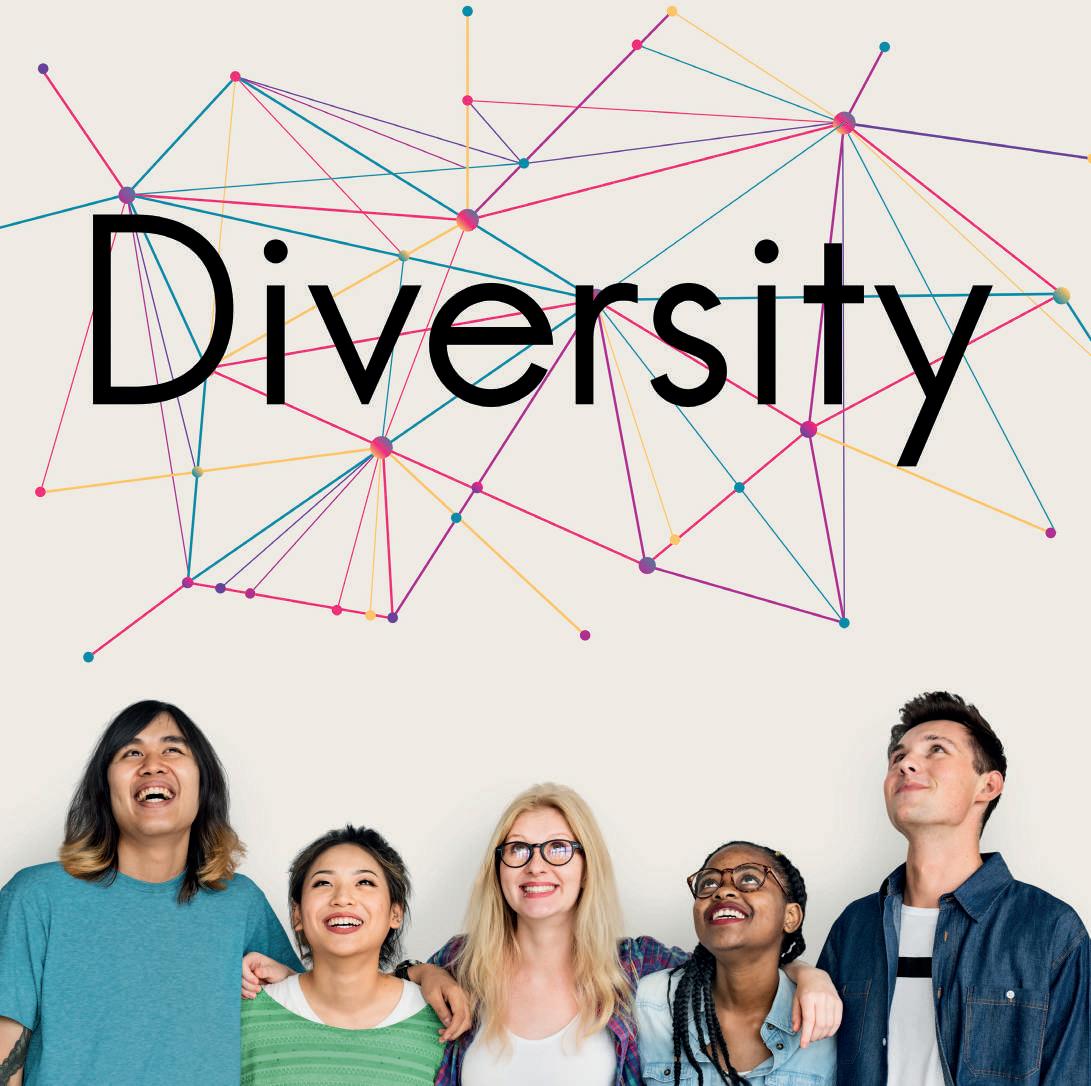
Visit the Transformation Offi ce Website for more information www.wits.ac.za/transformationoffice
Greetings to all of you as members of the Wits Community!
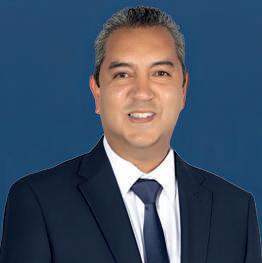
This year has yet again been a busy and productive year for the Transformation and Employment Equity Office (TEEO), and of course for all of Wits’ transformation efforts. In 2023 and 2024, we conducted a comprehensive review of our transformation pillars and used the findings to refine our strategy and future transformation goals. One of the shifts includes the move from an entirely internal institutional focus to expand our horizons to public engagement as well. This means that while we continue to address the compliance-related imperatives of B-BBEE and Employment Equity targets, we have deepened our work in the areas of institutional redress initiatives, diversity training, and public engagement. To this end, we have focused on diversity, equity and inclusion planning; anti-discrimination work; social justice advocacy; institutional change interventions; and engagement with multiple publics. In addition, we have completed the largest institutional cultures survey and will be sharing these fascinating outcomes with all of you shortly, but more importantly, will be integrating these findings into our planning for the implementation of our 2033 institutional strategy.
In the 30 years since our transition to democracy, Wits has made significant strides to reflect the changing nature of our society, to be responsive to the vexing questions of our time, to mirror what it means to be an anchor public institution, to reflect the composition of South African society, and to demonstrate its commitment to social transformation, justice and the public good. May these values continue to be at the core of the Wits vision and mission! I extend my appreciation to the TEEO and to all of you who continue to make Wits one of the premier institutions in our country, on the continent, and across the globe.
Enjoy the read!
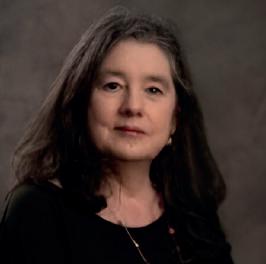
Professor Osman holds the UNESCO Chair in Teacher Education for Diversity and Development and has established a global network to support the research and development work of the Chair.
The ongoing transformation in higher education, both in South Africa and globally, reflects an urgent need for universities to adapt to contemporary societal demands for inclusivity, diversity, and equity. The #RhodesMustFall movement exemplifies a broader recognition that traditional academic structures often perpetuate historical injustices, emphasizing the necessity for universities to evolve in how they engage with diversity.
The report that I have had the pleasure to read serves as an authentic response to this imperative, with a focused effort to reshape the academic landscape at institutions like Wits University. By undertaking a full review of their strategy, the Transformation and Employment Equity Office (TEEO) has demonstrated that transformative work must face inwards into the institution and its people, but that the transformation project is incomplete without facing outward into society more broadly where social justice is a priority. The TEEO has therefore also deepened and strengthened its anti-discrimination and advocacy work in places like schools, corporate organisations and government departments to list a few. The report gives us insights into many lessons learnt and the recognition that much more can be learnt down the line. My sense from reading the report is that the depth and durability of TEEO’s commitment to the transformation project stems from a conviction that transformation, especially at a public university such as ours, must be underpinned and guided by a vision of its fundamental purpose: thinking and acting ethically and in a way that is just and inclusive.
The ongoing journey of transformation in higher education is by no means complete as we see new forms of asymmetries arising in universities and societies more broadly. Yet initiatives undertaken by the TEEO and as reported here signify a foundational shift towards a more inclusive and equitable academic environment for all. Initiatives which signal that Wits is not just a space for all, but in fact a place for all – A place that each one of us can call our own. I want to take this opportunity to congratulate the TEEO Director and the team for a thoughtful report and wish them well as they navigate new paths and pathways towards a just and equitable society.
The Transformation and Employment Equity Office (TEEO) at Wits University has made significant progress in advancing the institution’s transformation agenda, which is guided by the university’s 2033 strategic objectives and transformation pillars. This report emphasizes TEEO’s accomplishments in the areas of transformation initiatives, employment equity, social justice, policy development, and collaborations. It also identifies the challenges that have been encountered and the plans for future progress.
Transformation Initiatives: The TEEO implemented significant programs that promoted equity, inclusion, and diversity. The primary objectives were to establish a campus culture that was rooted in inclusivity. Key efforts included comprehensive diversity and cultural competency training, which reached both staff and students
Employment Equity: Targeted recruitment and retention strategies, which prioritized historically marginalized populations, were implemented to advance employment equity. The university’s dedication to equity and diversity was underscored by its BBBEE level 4 status.
Social Justice: The TEEO has implemented numerous social justice initiatives, including the SafeZones@Wits initiative and the SOGIESC Advocacy Programs, to offer assistance to marginalized communities. Furthermore, the TEEO’s proactive involvement in community engagement and advocacy fostered an inclusive environment.
Policy Development: New policies, such as those targeting bullying prevention and anti-discrimination, were developed and implemented. The objective of these policies is to establish guidelines for a safer, more respectful campus environment and to support a fair process framework.
Collaborations and Partnerships: The transformation initiatives of the TEEO were furthered by collaborative projects with internal faculties, external organizations, and social justice clusters. Joint initiatives with the Gender Equity Office, Disability Rights Unit, and Wits Centre for Diversity Studies were among the most notable partnerships.
The TEEO faced obstacles in 2023-2024, such as resource constraints and resistance to change, which impeded certain transformation endeavors. Nevertheless, these obstacles presented opportunities for expansion, including the adoption of emerging practices in diversity, equity, and inclusion and the enhancement of partnership networks.
In the future, the TEEO intends to further its dedication to transformation by implementing new initiatives that will reinforce social justice and equity throughout the campus. Future goals include the implementation of a comprehensive institutional culture study, the expansion of language diversity programs, and the enhancement of comprehensive social justice initiatives inclusive of SafeZones training. These initiatives are consistent with the University’s 2033 strategic vision, which prioritizes inclusivity and sustained transformation.
The TEEO’s initiatives have had a transformative impact, cultivating a campus environment that prioritizes equity and diversity. The TEEO’s ongoing monitoring, evaluation, and iterative learning processes, which are intended to adapt strategies based on feedback and evolving requirements, are a clear indication of their commitment to long-term sustainability.
TEEO will continue to refine its policy frameworks, expand academic leadership development for early and midcareer professionals, engage the community and provide grant funding to further enhance its impact. In order to progress Wits University’s transformation objectives in the years ahead, it will be essential to fortify partnerships and resolve structural impediments.
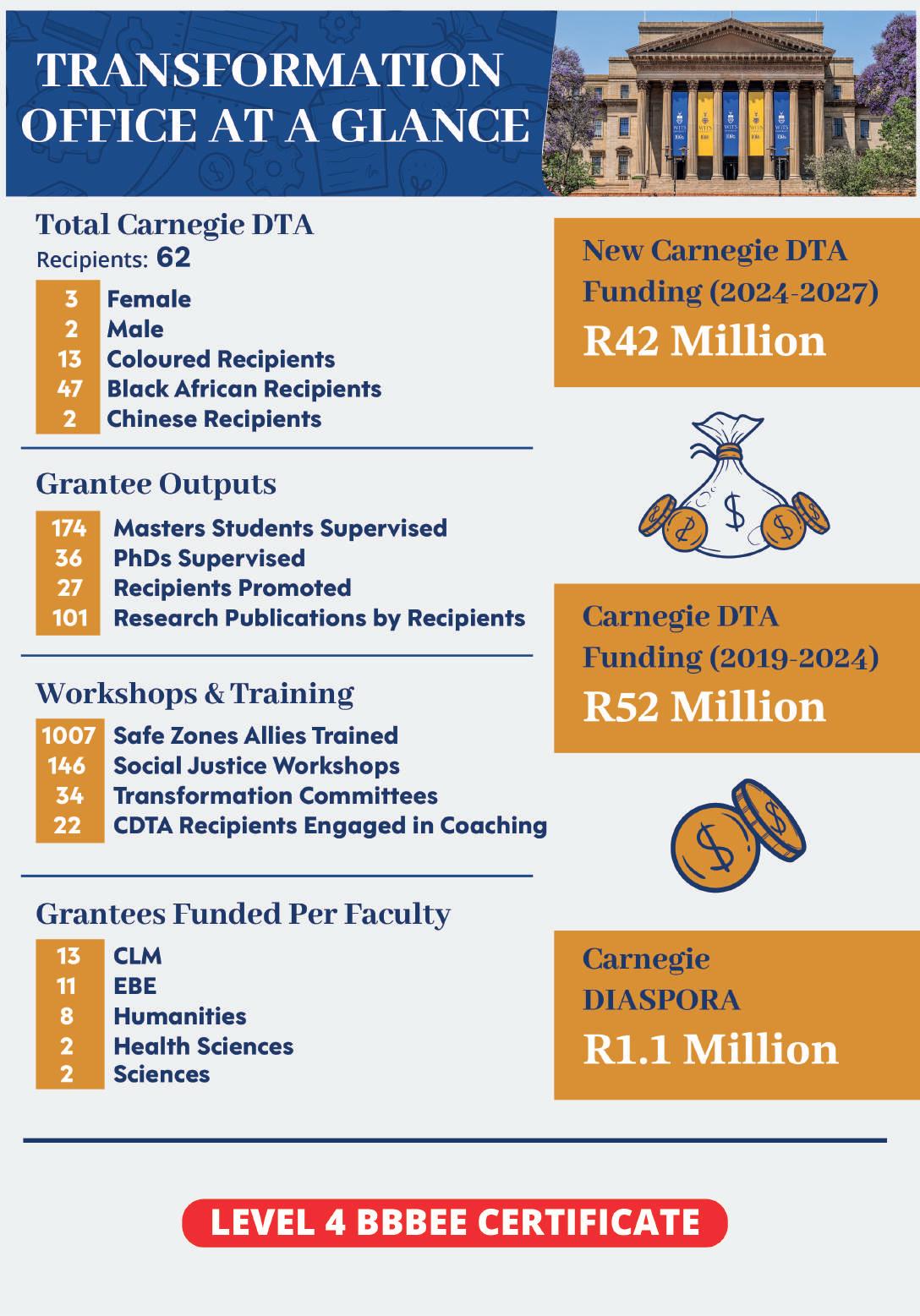
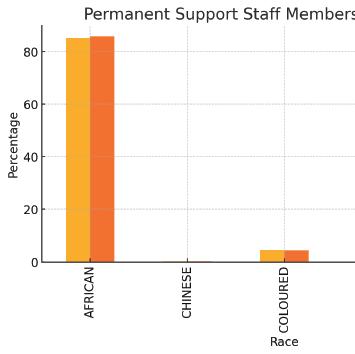
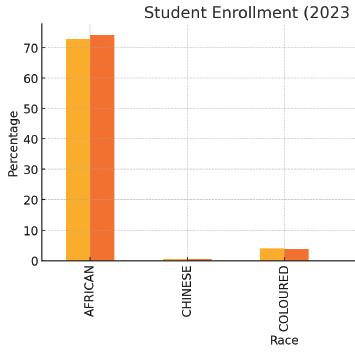
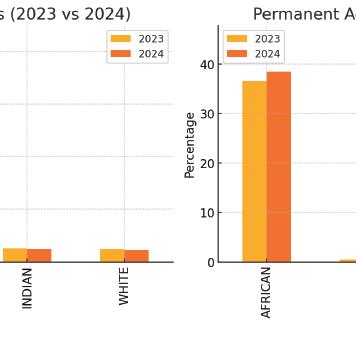
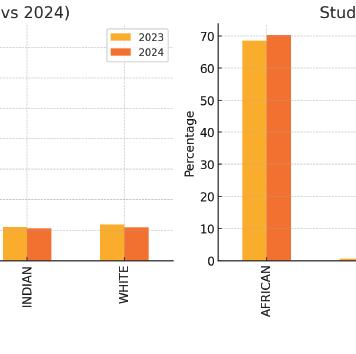

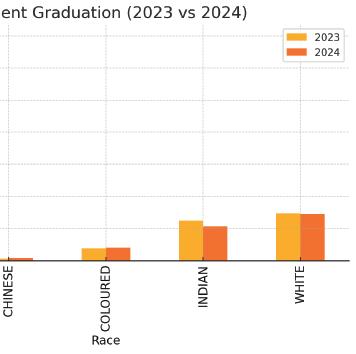
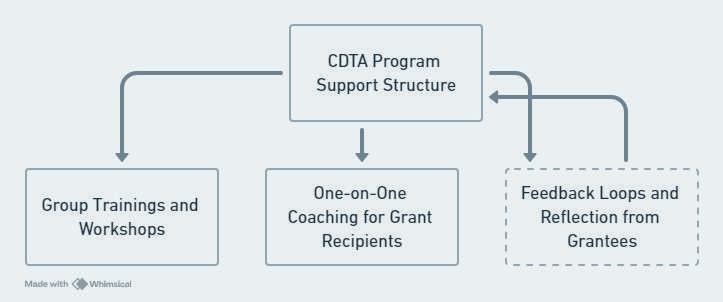
This diagram highlights the different layers of support and professional development offered to grant recipients, along with the flow of feedback and improvement
This is the fi rst annual report produced by the Transformation and Employment Equity Offi ce (TEEO) at the University of the Witwatersrand, Johannesburg. In this report, we share with you who we are, why we do the work we do, what work we do and how we are evolving and learning. In this report, we highlight our transformation initiatives for 2023 and 2024. For initiatives that began in previous years, we discuss their origins and how they have inspired new transformative practices. Our report is aligned with the university’s transformation pillars and guided by the 2033 Strategic Plan of Wits University. While we have distinct six transformation pillars, they are inter-connected and support the university’s overall transformation efforts. As you navigate through the report, we invite you to collaborate, partner and grow with us in discovering ways to enhance and contribute to creating a more inclusive and safe university environment and beyond.
We are transformation advocates, activists, scholars and professionals who are committed to doing care and healing work. As we work on doing transformation, we engage and grow with our university community, fellow advocates for positive and inclusive change and our multiple stakeholders.
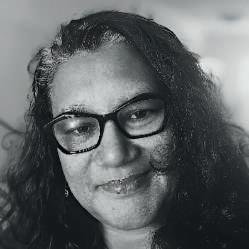
Dr Bernadette Johnson Director TEEO
E: bernadette.johnson@wits.ac.za
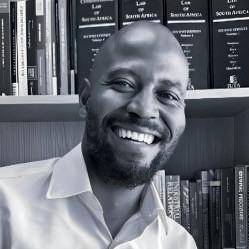
Advocate Neo Mahlako Head of case management, investigations and mediation
E: neo.mahlako1@wits.ac.za
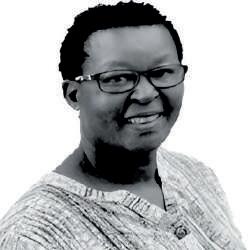
Ms Dimakatso Maria Wanyane Social Justice Manager
E: maria.wanyane1@wits.ac.za
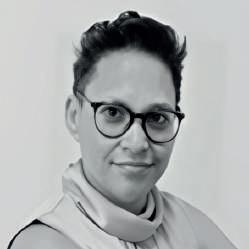
Mrs Cecilia Smith TEEO Office Manager
E: cecilia.smith@wits.ac.za

Mr Lethu Kapueja
Programme Manager
E: lethu.kapejua@wits.ac.za
50% post
Funded through the Carnegie DTA grant
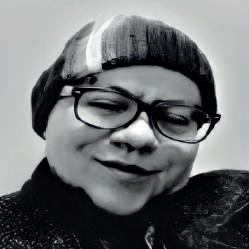
Mx Tish Morpheus Geddes
Programme Coordinator:
Sexual Orientation, Gender Identity & Expression & Sex Characteristics (SOGIESC) Advocacy
E: tish.geddes@wits.ac.za
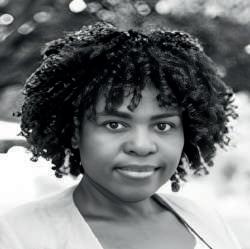
Dr Pascalia Munyewende
Communications Consultant
E: pmunyewende@wrhi.ac.za
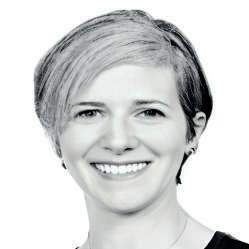
Prof Antonia Wadley
Head of Academic Support & coaching
E: antonia.wadley@wits.ac.za
50% post Funded through the Carnegie DTA grant
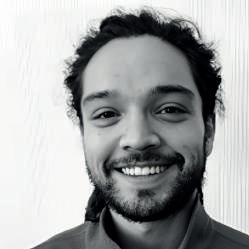
Mr Ciaran Heywood
Social Justice coordinator
E: ciaran.heywood@wits.ac.za
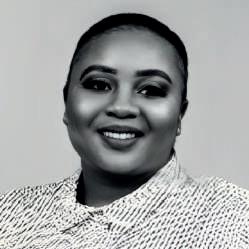
Ms Ntebo Mampane
CDTA Administrator
E: ntebo.mampane@wits.ac.za
Although we are a small office, we actively engage with networks of social justice and safe zone allies. For example, the TEEO currently has close to 1000 trained safe zone allies. We are committed to working collaboratively and creating safe, inclusive spaces for reflection, learning, and transformative transitions that deepen our practices. We recognise our transformation work is cyclical in nature. In our autoethnographic writing, we made explicit the various markers in this cycle of transformation.
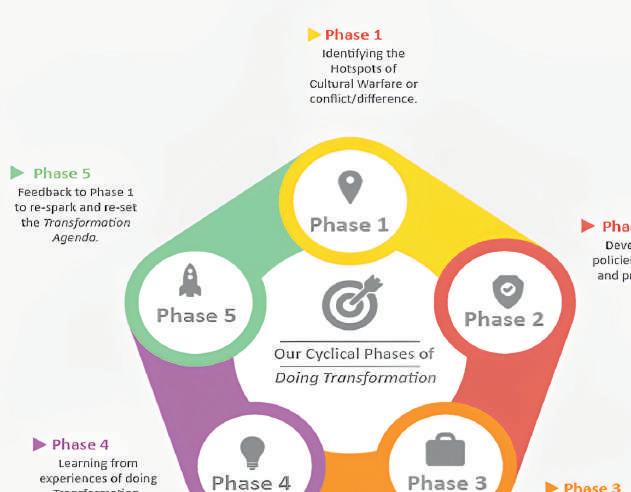

The diagrammatic representation captures the five phases of our cyclical process. These phases involve identifying areas of need, providing support, fostering engagement and intervening, followed by considering what works best in that context, testing new practices and actions, engaging in reflexive learning and integrating our learnings back into praxis
The University of the Witwatersrand, Johannesburg, (Wits University), adopted an accelerated transformation programme in 2015 outlining eight priority areas. The programme has been reviewed periodically throughout its implementation, leading to several structural adjustments in recent years. The university reduced its eight transformation pillars to five in 2020, following a review in 2019. In 2024, the pillars were further refined and a new pillar was added, as indicated in the table below.
Student Admissions
4: Promoting Diverse and Cosmopolitan Residence Life Experience
Since 2021, discussions within the university have focused on rethinking its Transformation Pillars in light of the development of the Wits Strategy 2033. In the Strategic Plan: Wits 2033, the University acknowledges South Africa’s deep-rooted societal challenges, including inequality and declining of state institutions. Wits, situated in the inner city, is particularly affected by these issues. The reduction in state funding creates fi nancial pressures while reinforcing the university’s responsibility to contribute to societal’ s development. Wits aims to harness intellectual capital to strengthen democracy, improve governance, and cultivate ethical leaders. Leveraging its strategic location and historical ties, the university seeks to address urban challenges and contribute to social and economic growth.
The following key points are relevant to the Wits’ Transformation Pillars:
1. Societal Challenges: South Africa faces deep-rooted issues of inequality and a declining of state institutions, affecting higher education, including Wits University.
2.Financial Concerns: Wits University faces financial challenges due to decreasing teaching and research subsidies from the state, impacting its functioning and initiatives.
3. Public Duty and Responsibility: As a public institution, Wits University recognises its responsibility to utilise intellectual capital to enhance democracy, governance, and societal development.
4. Ethical Leadership Development: Wits emphasises the responsibility to develop ethical leaders who can positively contribute to society and bolster the economy.
5.Urban Location and Challenges: Wits University’s location in Braamfontein presents both opportunities and challenges, requiring active engagement in addressing urban management issues and promoting growth in the area.
6.Academic Contributions and Initiatives: Wits engages in various academic initiatives and research projects to address societal challenges, including urban management, healthcare, and digital innovation.
7. Community Engagement and Sustainability: Wits is committed to contributing to the growth and sustainability of its community, the city, and society at large by addressing democracy, governance, inequality and social justice.
These key points emphasise the importance of focusing on transformation efforts on internal priorities, such as equity, redress and inclusivity, while also extending these efforts beyond the university to promote sustainable societal development. In alignment with the Sustainable Development Goals, (SDGs), transformation plays a crucial role in contributing to SDG 4, which focuses on Quality Education. We are interested in supporting quality education by fostering a positive university experience for all.
The following diagram represents the Transformation Strategy that underpins the university’s new Transformation Pillars aligned with Wits’ Strategy 2033. It reflects the university’s ongoing commitment to fostering a positive and inclusive Wits community, one that is both rooted in society and capable of driving societal benefit and public good. The diagram illustrates how the scope of Transformation work spans from compliance-orientated efforts to broader, public engagement initiatives.
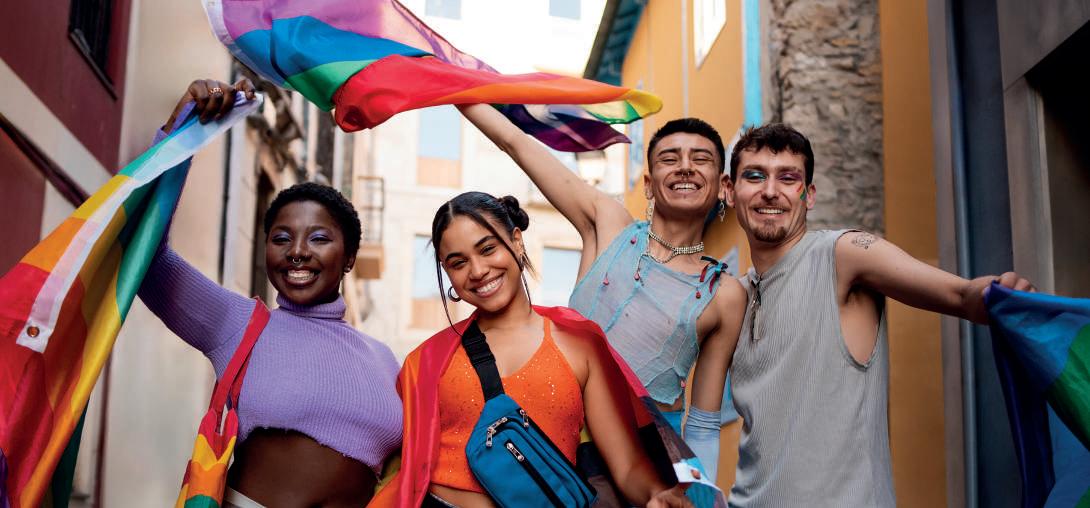
Figure 4: Wits Transformation Strategy
We work in ways that allow us to create a Thinking Environment. For this we draw on the work of Nancy Kline, “A Time to Think” in which she discusses the 10 components of a Thinking Environment. Creating a thinking environment entails appreciating the holism and fullness of our humanity. The diagram captures the Thinking Environment which we draw on to frame how we engage in ways that encourage recognition of our heart, minds and hands.
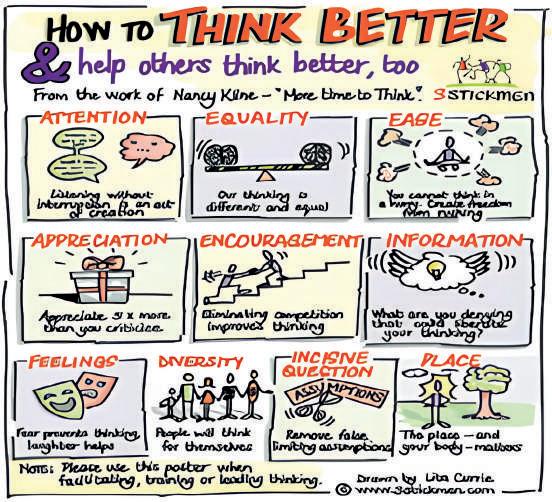
Our collaborators at Wits
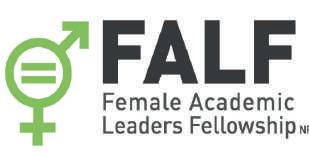
Our university collaborators
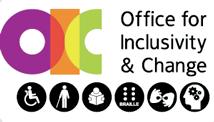
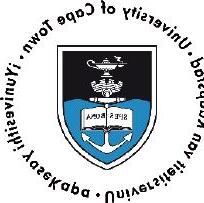
OFFICE OF STUDENT SUCCESS
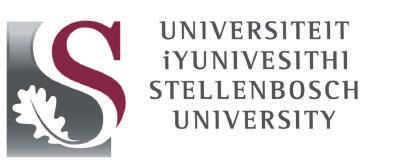
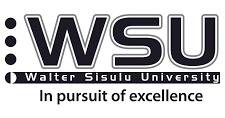
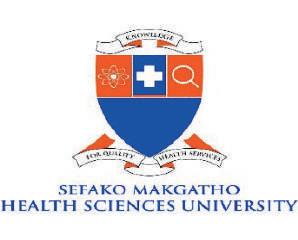
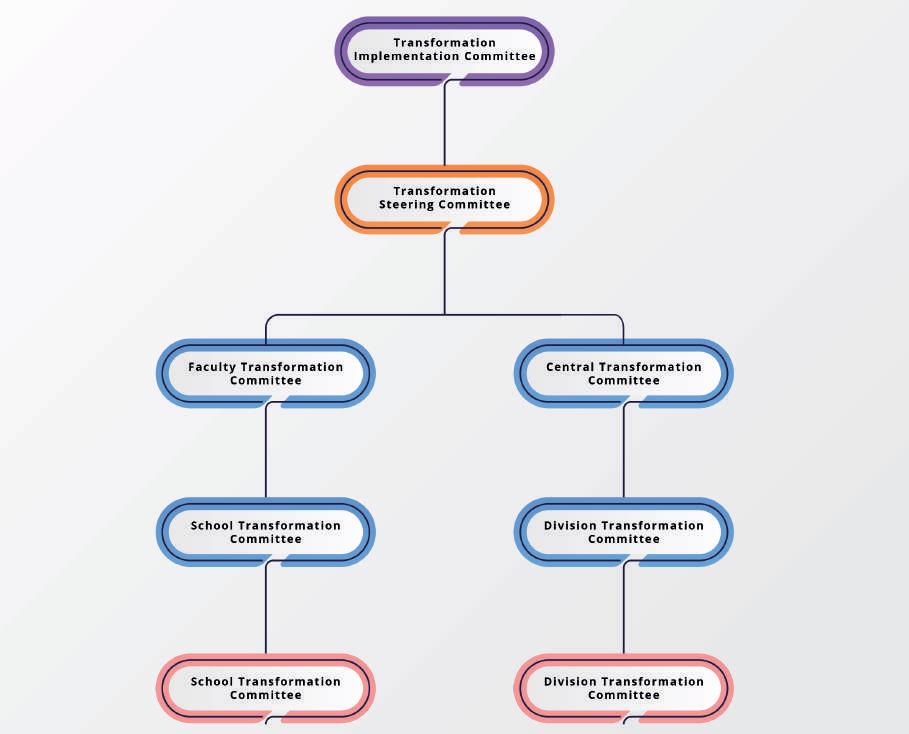
We have 34 Transformation Committees across the university, spanning Faculties, Schools, Departments and Divisions, and including academics, professional and support staff, as well as students. Transformation committees play a crucial role in advancing the Transformation agenda and promoting the Transformation Pillars within the University. (For more information refer to the Terms of Reference of Transformation Committees). We have conducted numerous workshops with Transformation Committees from various areas, including the School of Public Health; the Faculty of Health Sciences, the Faculty of Commerce, Law and Management; Wits Library; the Faculty of Science and School of Education. These workshops focus on Inducting the committees and raising awareness about key transformation policies, values and their role in driving transformation. It is clear that there is a need to further strengthen these transformation committees, as they have the potential to promote the transformation agenda in a more nuanced and contextualised manner, working in partnership with management and other key stakeholders in their specifi c areas of the University. A strong relationship between transformation committees and their management is vital for fostering inclusivity, collaboration and a positive, and healthy university culture.
The university’s Transformation governance structures include the Transformation Implementation Committee (TIC) and theTransformation Steering Committee (TSC).The TIC is responsible for overseeing the disbursement, monitoring and evaluation of equity funding, while the TSC focuses on ensuring the alignment of transformation strategies and operations across social justice partners, such as the Gender Equity Offi ce, the Disability Rights Unit and the Transformation Offi ce, in consultation with the university’s various stakeholders represented within the structure. These structures submit reports to the University Forum (UF) and the University Council.
The first TCoP meeting of the year took place on the 31st of May 2024 at the Wits Professional Development Hub. Prior to this, two workshops were held at Wits Hofmeyer house, focusing “Cultural intelligence” and “Reflexive workshop methodologies.” The TCoP consists of Transformation Officers from various faculties, schools and offices across the university, tasked with overseeing and advising on transformation efforts within their areas.
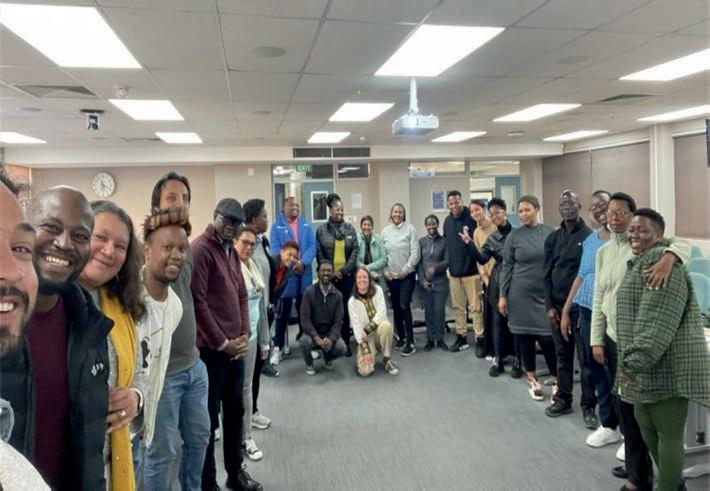
The meeting included updates on the work of the TEEO, accompanied by a PowerPoint collage prepared by the TEEO team. Following this, an open space technology workshop was held, where participants moved between discussions curated and facilitated by TCoP members. Topics included “Intersectionality”; “Post-Pandemic Academics”; and “the power of work cultures.” These discussions were engaging and productive.
Additionally, TCoP members explored the idea of using the Community of Practice as a hub for generating ideas and collaborating on publications around these topics.
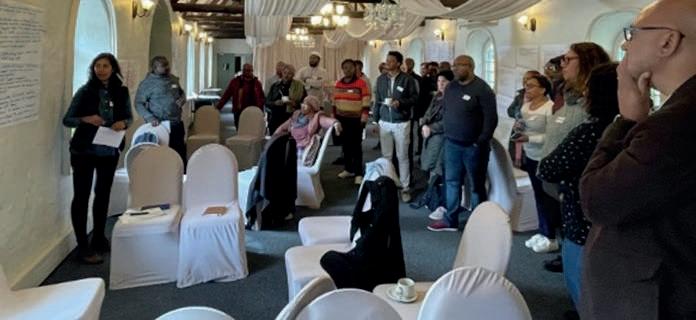
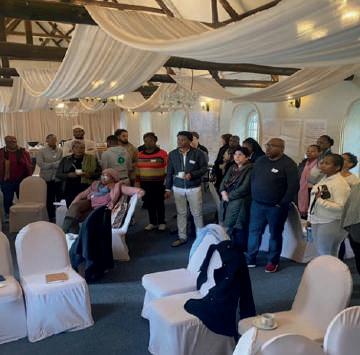

“Discussion groups which shuffled members and engaged on peoples’ experiences of transformation at Wits; actualising transformation; assessing barriers and gaining insight into the resources and information needed in different spaces” Transformation Community of practice meeting 20 September. 2023 and June 2024
We value our partnership with the University’s Chancellor, Dr. Judy Dlamini, who introduced us to Dr. Benjamin Reese. This connection enabled us to engage with Dr. Reese on topics of unconscious bias and transformation with committee members.




Emerging from our reflections of the work we do across the university and within the Transformation Community of Practice (TCoP) we realised that an area of work we must develop is Inter-cultural Communication as a way of resolving conflict and building an inclusive university community. We had a workshop with Dr Phumzile Mmope on Leadership through Storytelling on 21 August and a workshop on UNESCO Story circles with the UNESCO Chair on Inter-Cultural Communication on 18 October 2024.
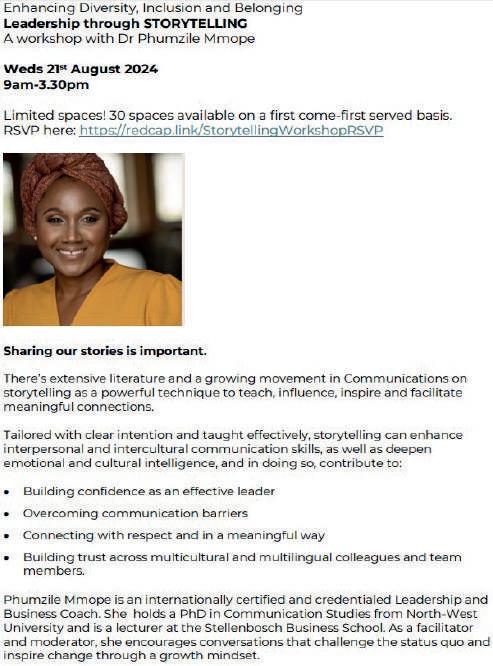
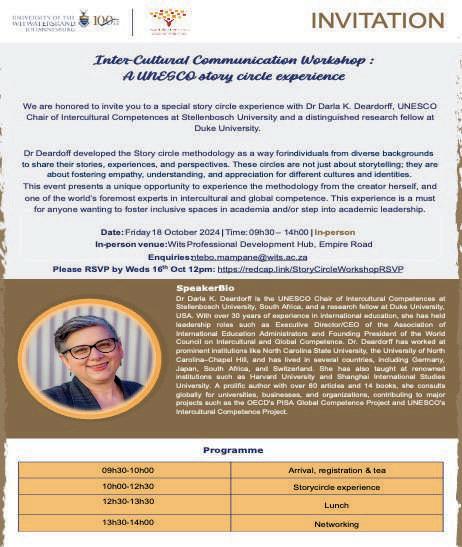
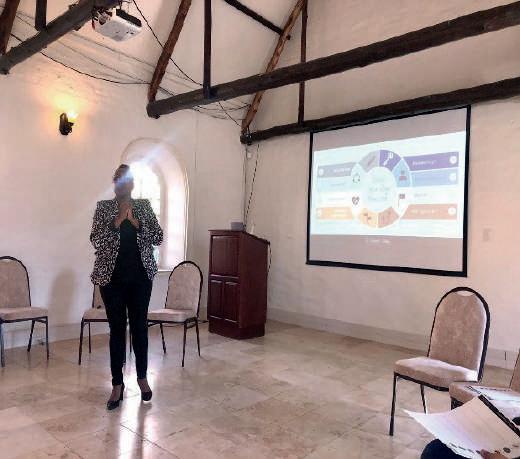
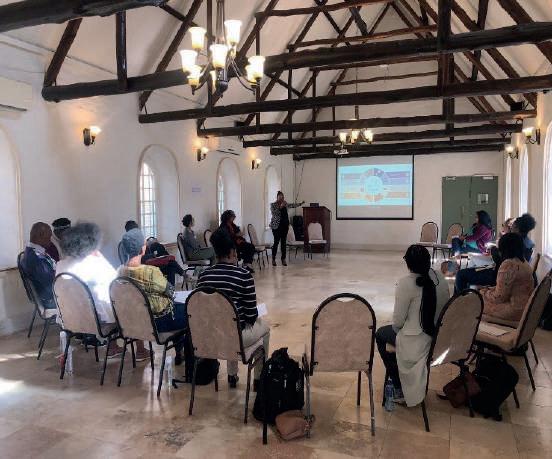
Workshop with Phumzile Mmope on Leadership through Storytelling on 21 August. 2024.
The workshop with the UNESCO Chair on Inter-cultural Competencies at Wits on 18 October. Our DVC: People Development and Culture was able to join us at the UNESCO story circle experience. We discussed future possibilities and collaborations, so Watch this Space!!

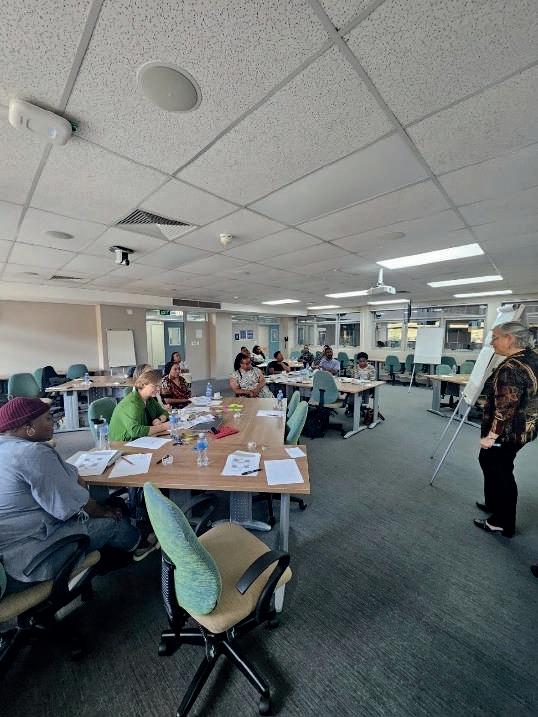
Professor Garth Stevens (DVC People Development and Culture) with Dr Darla Deerdorff (UNESCO Chair Inter-Cultural Competences) and members of the Transformation Community at Wits and a guest from UJ
How we are structured
The Transformation Office is currently structured around focus areas which are captured diagrammatically below

Figure 6: Representation of TEEO areas of work. The diagram highlights the span of our work from awareness, advocacy, stakeholder engagement, compliance related work and dispute resolution and investigations.
Diversifying the Academy (DTA)
Funder: Carnegie Corporation of New York.
Partners: Wits Centre for Learning & Teaching Development (CLTD) andthe Research Office. TEEO staff involved: Mr. Lethu Kapueja, (Programme Manager), Prof. Antonia Wadley (Academic Support & Coaching).
2023-2024 highlights
• Positive external review of the CDTAprogramme led to the award of an additional three years of funding (2024-2027) totalling R42 million, to continue the programme.
• 62 recipients onboarded.
• Five events including Prof. Maurice Radebe and Dr. Phumzile Mmope as speakers.
• Completion of mid-career programme pilot (EMCAT) and start of second EMCAT programme.
•Recruitment of new programme manager, Mr. Lethu Kapueja.
Background
The CDTA programme encompasses more than just racial redress within the institution, we aim to do more than simply provide financial support to recipients. The programme also emphasises capacity development. It aligns with the broader objectives of the TEEO by incorporating training and support designed to cultivate self-aware academic leaders who serve as ambassadors for transformation:
We are developing people who have a strong sense of belonging, are resilient and have a sense of agency. hey are confidently able to navigate the system of academia and Wits, and the people in it. They promote peace by navigating conflict using skills of alternative dispute resolution, and intercultural communication. They are
grounded in the wisdom of their heritage and they, and their work, are connected to community .We offer group trainings, workshops, and one-on-one coaching is available to all grant recipients. Our framework and philosophy guiding this programme can be found here.
2023 to 2024 Calls for applications
In 2023 and 2024, a total of four calls for grant applications were issued across all funding categories. Each call specified the number of grants available as shown below. Furthermore, the amounts of funding for each grant type were communicated in the respective calls as outlined below:
•Doctoral Grants: Up to R270,492 over two years.
•Post-Doctoral Fellowships: R300,000 per year for two years.
•Enabling Grant: Up to R250 000 over two years.
•New Appointment Grants: The salary equivalent of the appointment being made.
March 2023 Call Grant Types and Numbers:
•Two New Appointments Grants, (Senior Lecturer level).
• 13 Doctoral Grants.
• Two Post-Doctoral Fellowships.
September 2023 Call Grant Types and Numbers:
• Two New Appointments Grants, (Early and Mid-Career Academics).
• 14 Doctoral Grants.
• One Post-Doctoral Fellowship.
March 2024 Call Grant Types and Numbers:
•Nine Doctoral Grants.
• Five Post-Doctoral Fellowships.
July 2024 Call Grant Types and Numbers:
• Seven New Appointments Grants (Early and Mid-Career Academics).
• Seven Post-Doctoral Fellowships.
•Nine Doctoral Grants.
• Five Enabling Grants.
•The eligibility criteria for the grant applications were as follows:
• New Appointments: For early and mid-career academics, with preference for Black African and Coloured citizens (targeting 60% female awards).
• Doctoral and Post-Doctoral Grants: To support Black African and Coloured academics in enhancing research productivity.
Grant applications are issued via email to the Dean’s office of each faculty. The Dean’s office then then communicates through a faculty-specific process. The call document remains unchanged and all inquiries regarding the call should be directed to the Director of the TEEO and the CDTA Programme Manager. The communication regarding the online application process follows the same route.
Before submitting online, applicants must compile all application documents, including support letters from the Head of School and Deans,’ and email them to CDTA office. With the introduction of the in 2024; applicants will upload the online form, and all supporting documentation through the REDCap application platform, which will be received by the CDTA office for further administration. Further refinement of the application platform will be conducted in 2024 based on user feedback received by the CDTA office.

Figure 6: above provides a detailed explanation of the application process:
We have also developed a CDTA grant application guidebook that supports the applicants through this process.
Grantees are expected to provide comprehensive feedback on their experiences with the programme, reflecting on the academic development and logistical support they have received. Below is a summary of their reflections:
Experiences of Support on the Grant:
• Check-in Chats: Recipients highlighted regular check-in chats with grant advisors, which provided ongoing guidance, motivation, and the opportunity to address challenges promptly.
• Group Sessions: Group sessions facilitated networking, the exchange of ideas, and collaborative opportunities among recipients. Some found it helpful, while others found it less impactful but appreciated the interactions.
• Network Support: The support from a network of fellow CDTA recipients has been motivational and inspiring. Sharing strategies with peers who faced similar challenges fostered a sense of community and belonging.
• Administrative Efficiency: Recipients have reflected a positive experience of the administrative team’s responsiveness and efficiency. Queries related to grant disbursement, travel arrangements, and conference registrations were handled swiftly.
• Workshops and Training: The workshops and training sessions organised as part of the grant were relevant, well-coordinated, and contributed to the recipients’ professional development.
• Grant Disbursement: Most recipients reported that the grant was disbursed promptly without delays, facilitating the smooth purchase of laboratory reagents and supporting collaborations.
On 6 September 2023, we hosted a welcome event for the recipients of the 2023 Carnegie Diversifying the Academy (CDTA) grants. The event brought together a new cohort of 14 grantees along with 19 returning recipients, who shared their experiences. During the event, grantees shared their experiences. Dr. Gillian Mahumane, a Lecturer and Researcher at Wits, emphasised the value of the Enabling Grant program, highlighting how regular check-ins with Deans and ongoing mentorship contributed to her academic development. Dr. Musa Marimani, a Researcher at the School of Pathology, discussed how the grant facilitated laboratory research and collaborations. Wits Business School Director, Prof. Maurice Radebe, delivered a keynote speech, sharing insights from his book, The Fuel to Lead: Developing the Next Generation of Leaders. CDTA Programme Manager, Lethu Kapueja, stressed the importance of academic leadership development.
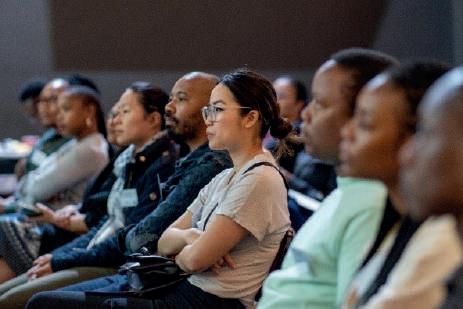
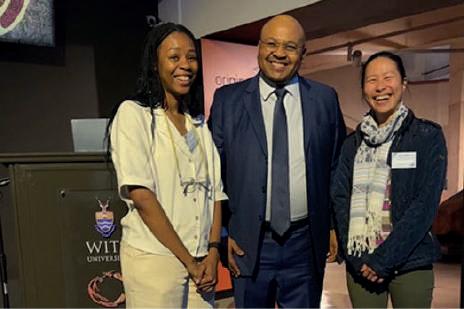

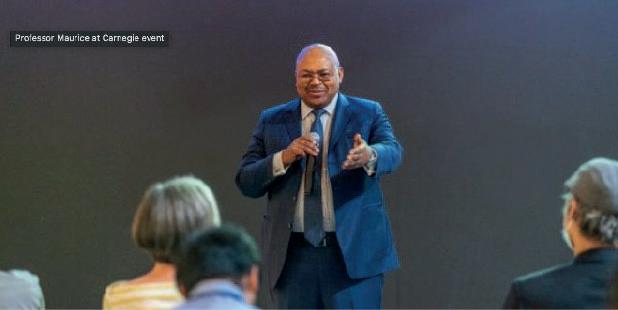
To bridge the gap between academia and effective science communication with the public, the CDTA programme, managed by the TEEO, collaborated with specialist research communications agency, Jive Media Africa to train our grantees on enhancing the positive impact of their work. One outcome of the workshop was that each participant created a one-page summary of their work. Here are two examples:
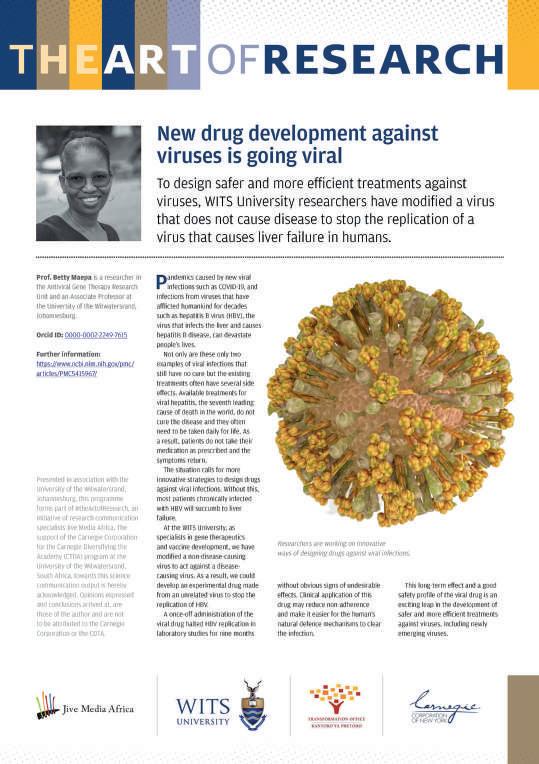
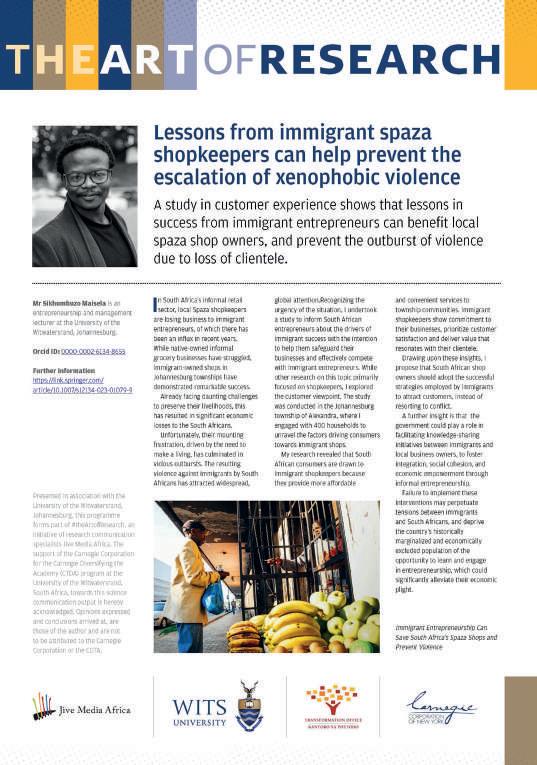
You can find all the posters here
To prepare our grantees for thriving careers in academia, their public profi le was discussed at length in the workshop and an added advantage of attending was being given a professional headshot photograph for their use in the future.
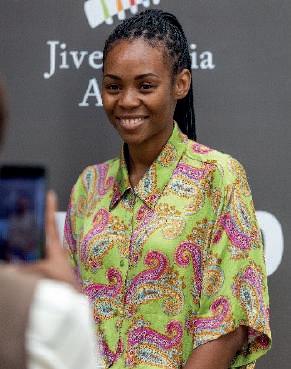
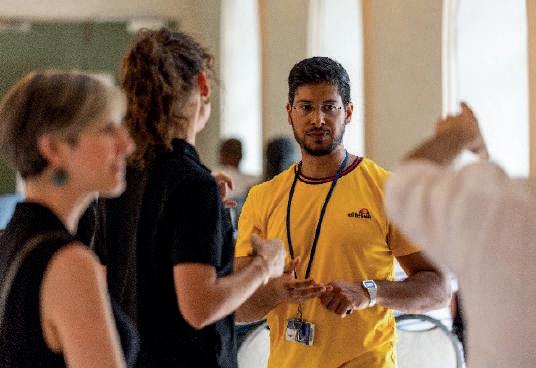
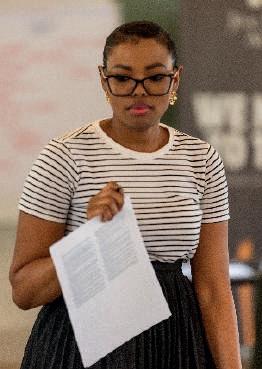
In June 2024, we inducted eight new recipients into the programme, comprising postdocs and Wits’ staff pursuing their PhDs. Building on our learnings (see learnings section below) and the development of a Monitoring, Evaluation, and Learning, (MEL) framework, the induction not only, covered the practical aspects of the grant, but also included its underlying philosophy. Our goal is to develop self-aware academic leaders who can serve as ambassadors for transformation. Current PhD and postdoc recipients participated in a group mentoring session during induction where they explored the transformations wished to achieve throughout their grants.
They also discussed personal and professional development opportunities available through workshops, peer mentoring, and one-on-one coaching. The event concluded with group exercises in which grantees shared their personal and institutional transformation goals, including prioritising research time, promoting gender equality, and improving mental health support within academia.
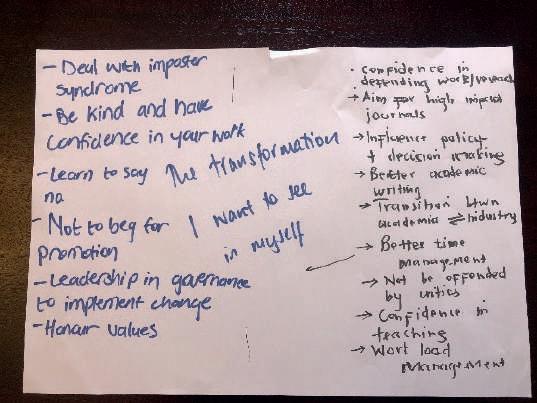
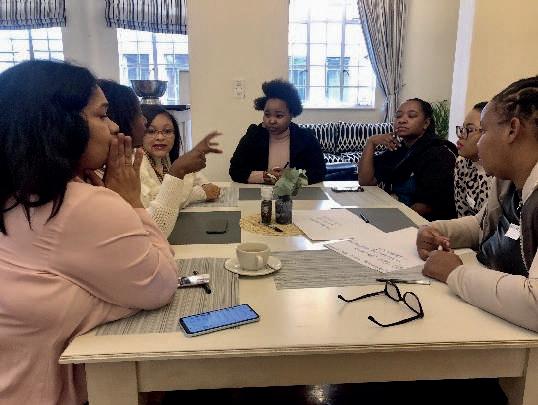
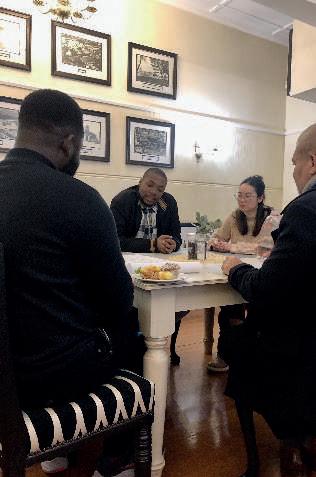
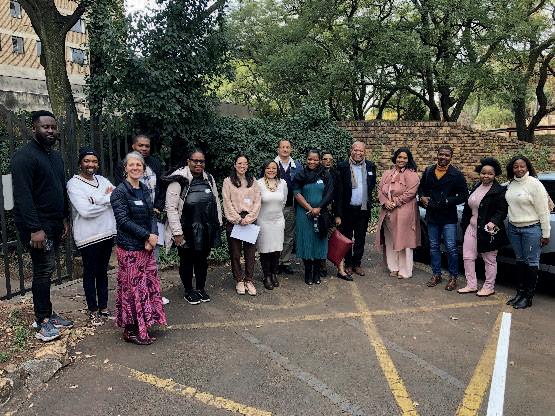
Skills Workshop - October 2024
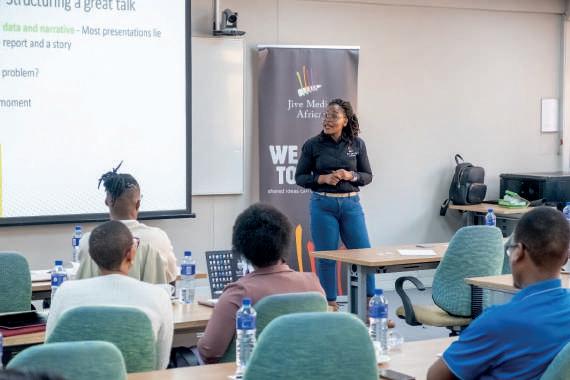
The Public Speaking and Presentation Skills Workshop, part of the Carnegie Diversifying the Academy (DTA) Programme, was designed to address the growing need for effective science communication skills among
academic and research leaders. As science becomes increasingly complex, the ability to convey research findings in a way that resonates with diverse audiences is essential. The workshop, facilitated by Jive Media Africa, provided attendees with tools to present their research in an engaging and accessible manner.
The workshop’s agenda was structured to cover the fundamentals of public speaking and science communication.
The participants explored techniques such as:
• Presenting research in a popular style, focusing on how to make technical content engaging for a broader audience.
• Structuring a talk with a mix of data and narrative, striking a balance between factual reporting and storytelling.
• Developing a strong opening and closing for presentations to captivate and leave a lasting impact on the audience.
•Practical exercises on voice projection, body language, and managing presentation anxiety.
• In an era where science communication is pivotal to shaping public understanding and policy, workshops like this one are integral to ensuring that researchers can make their work relevant, accessible, and impactful for non-specialist audiences.

“Everyone has a story. My story is unique, and it matters.”
“That communication, conflict resolution, and the kind of leader one is in different setting has to be fluid and adaptable.”
“I learnt the value and impact of storytelling to transform our lives and to connect with others.”
To increase the visibility of the CDTA, three articles have been published on Wits Platforms providing information about CDTA activities. The article links are below:
2024-03 - Empowering academic fellows to share their impact - Wits University 2023-10 - Building a diverse professoriate through strategic investment - Wits University
2024-07 - Transformation: Carnegie Diversifying the Academy welcomes 2024 recipients - Wits University Two internal newsletters were also published in February and July 2024, that reached all beneficiaries of the grant as well as senior executive members of the University. This quarterly tool is to comprehensively communicate the CDTA’s activities, plans and impact on its benefi ciaries.
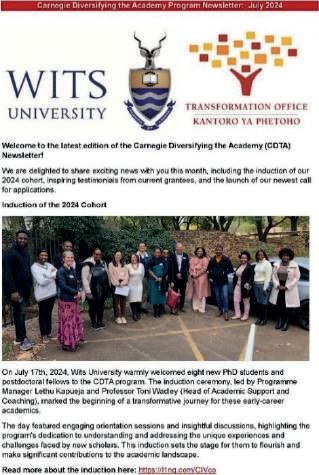
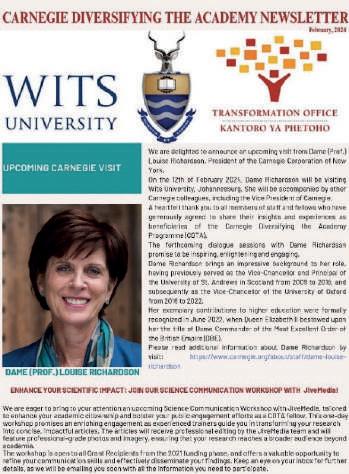
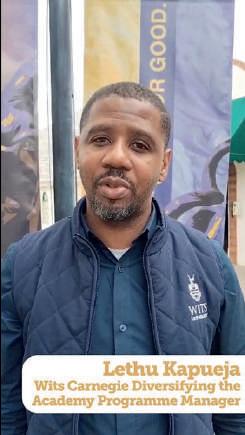
Lastly a short video was produced to publicise the Communications Workshop mentioned above. These will become standard in our training interventions to bring more awareness of the work we do to support grantees and publicly acknowledge the support from the university and the funder in the work we do.
Over a third of the 61 CDTA grant recipients (36%, or 22 out of 61), have participated in a one-on-one coaching programme with Prof. Antonia Wadley, an Integral coach accredited by the International Coaching Federation. Grantees benefi ted from for six to 12 sessions of professional coaching.
Coaching improves self-awareness and agency, helping individuals overcome challenges in their own way using their own wisdom and resources in a new way. Common topics addressed in coaching sessions include navigating work-life balance, managing imposter syndrome, improving diffi cult work relationships, and realigning with purpose and meaning.
A recent testimonial from Dr Kofi Aning, a postdoctoral fellow:
“I just wanted to share how grateful I am for the coaching sessions. They have been truly impactful even beyond my expectations. The very first session on boundaries particularly stands out as the most significant that has helped me reorient myself and prioritise my well-being, time, energy, and other resources. I am now more attuned to protecting boundaries and this has helped greatly, especially with regards to my research.”
EMCAT was designed in response to feedback from recipients of the first DTA grant and national reports highlighting a significant gap in support for early mid-career academics, particularly for black academics, who often leave the profession at this stage – a phenomenon known as the leaky pipeline. It was critical to the CDTA programme to address this lack of support and development, and so EMCAT was developed in collaboration with CLTD and the Research Office.
The EMCAT pilot ran from February 2022 to June 2023, and the second round began in February 2024, featuring 29 mid-career academics from all fi ve Faculties. Of these participants, 21 are women and fi ve are on the CDTA programme.
Sessions include a focus on the self (including reorientation to their contribution to, and presence in, academia), coaching skills for academic leaders, leadership in curriculum, research and academic citizenship. The programme (available here) also includes interdisciplinary projects to engage with, understand and address challenges within academia.
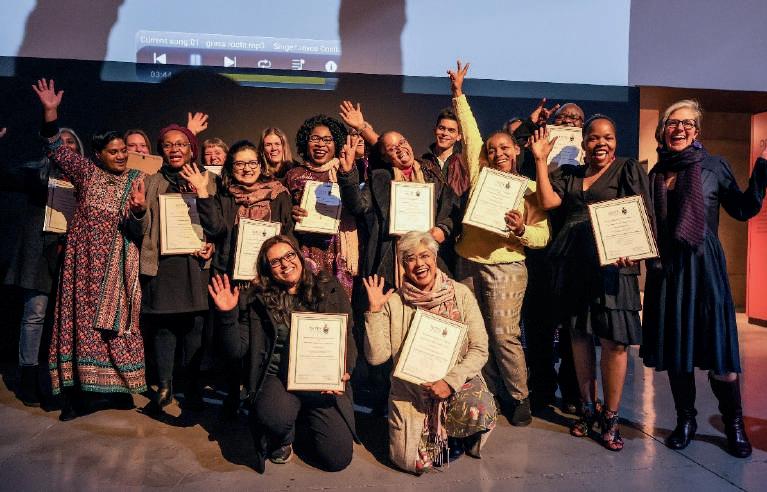
Following feedback from the external review by Carnegie, the Programme Manager role has been modifi ed and expanded. The role has been instrumental in facilitating better grantee experiences as well as effective communication for the calls for applications. New functions include, being a link between the offi ce of the deans of faculties and the TEEO to manage issues that deans require upfront communication about, and assisting hosts of post-doctoral fellows in their lodging of applications on behalf of potential fellows. Finally, the programme manager starting to attend the TIC meetings in 2024 has allowed for more timeous communication to applicants on the outcome of their grant applications. The TIC, as an overall governance committee that looks over the disbursement of funds and impact of the CDTA programme, also benefi ts from the insights brought to the Chair and the rest of the Committee by the presence of the programme manager in its meetings.
An administrator in the CDTAoffice has also joined the programme management team in 2024 as the administrative requirements of the programme have increased since 2021.
The need to facilitate a user-friendly application experience necessitated the need to create an online application platform.The platform allowed applicants (including hosts of post-doctoral fellows) to apply to the CDTAprogramme with ease and with the correct guidance through the online process. Apart from the availability of the programme management team to answer queries during application season, an application process guidebook has been also developed to support the applicants.
During the time of reporting grantees are afforded an opportunity to reflect on what could be improved.
Below we have captured some of their suggestions:
• Academic Leadership Opportunities: Some recipients expressed a desire for the program to focus on academic leadership development.
• Timelines for Fund Utilisation: A few recipients mentioned issues with the tight timelines for spending the grant funds, suggesting more flexibility.
• Publishing Expectations: A few concerns were raised regarding the high expectations for publishing research within two years. Some believed that three to four years would be a more reasonable timeframe, particularly for certain scientific fields.
Following another recommendation in the external review of the programme by Carnegie in July 2023, that a comprehensive monitoring, evaluation and learning framework would help guide the programme, and capture programme learnings and feedback loops. In November 2023, the CDTA team – Prof. Antonia Wadley, Mr Lethu Kapueja and Dr. Bernadette Johnson - met over two days. With support from Ms. Sue Soal, a process facilitator and evaluation and strategy consultant to develop a comprehensive monitoring and evaluation framework for the CDTA (available here). The framework, which is refl ective of and embedded within the TEEO’s Rhizomelike Change Theory , has been fi nalised and will be implemented during the roll out of the 3rd CDTA grant –commencing in 2024.
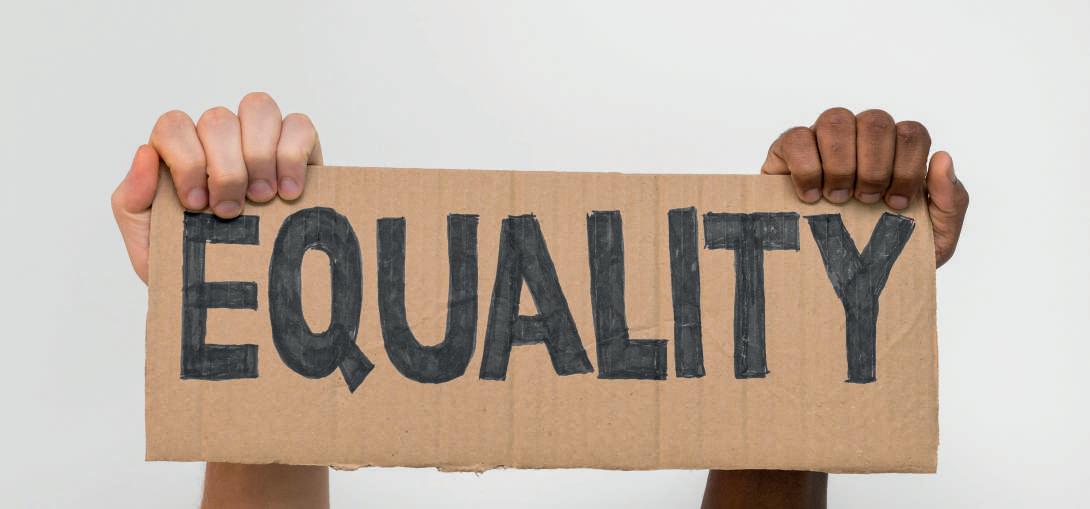

The Carnegie Diaspora Project at Wits University, managed under the Transformation Office, has made significant strides in building research capacity and fostering international collaboration since its initiation in October 2020. The project focuses on enhancing the academic and research landscape at Wits by bringing in distinguished professors from the diaspora to collaborate with local faculty, mentor postgraduate students, and lead public lectures and seminars.
- Prof. Elias Mpofu contributed through co-publishing with Wits faculty in international peer-reviewed journals and book chapters, covering topics such as dementia, migrant youth, and harm minimisation in drug policy
- Prof. Frackson Mumba supported early-career researchers with grant proposal writing and delivered seminars across several universities, (University of Johannesburg, University of Pretoria, Rhodes Univesity, Wits, and University of Kwa-Zulu Natal). His workshops on quantitative methods benefitted 10 PhD students and two postdoctoral fellows.
- Public lectures delivered by both professors have had a notable impact, including Prof. Mpofu’s lecture on securing US National Institutes of Health funding.
- Professors have supervised 2 Honours students, 36 PhD students, and numerous postdoctoral fellows, contributing to the academic development of future scholars in South Africa.
- In addition to one-on-one mentoring, several public workshops were held on topics such as quantitative research methods and grant writing, helping researchers strengthen their academic profiles.
As of March 31, 2023, the project had an opening balance of R1,141,868 and currently carries a closing balance of R914,510.
The next phase will focus on welcoming Prof. Gathii and Prof. Kemball to Wits and continuing with the program’s core objectives, including delivering public lectures and advancing grant-writing initiatives.
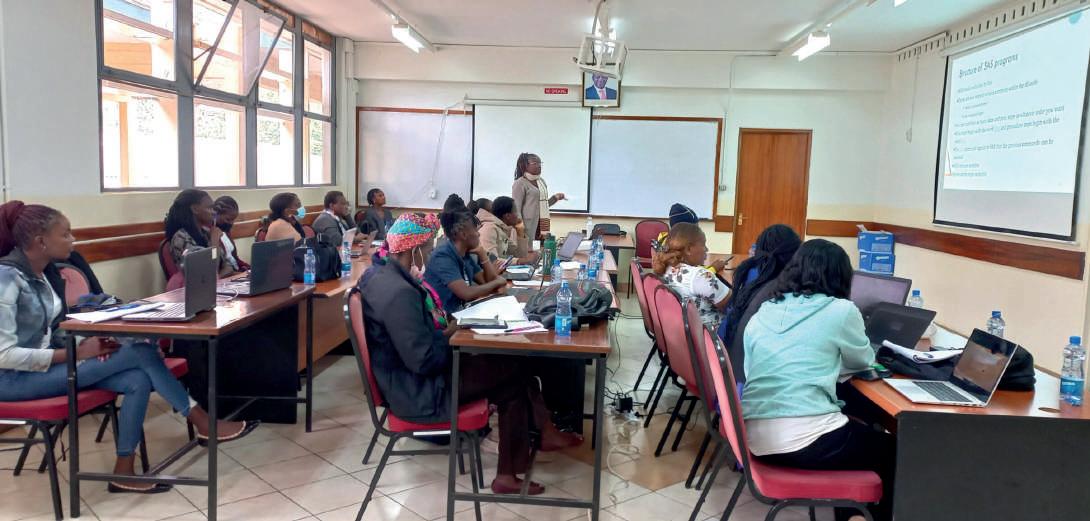
We have initiated a large Institutional Cultures Study that will play a pivotal role in shaping how the university works enhances its institutional culture. This section provides key details and an update regarding this new and exciting development.
The Wits 100 Cultures Study was initiated under the leadership of the DVC: People Development and Culture. The study has been completed and the results of the project will be report on during 2025. The study will play a key role in advancing our efforts to strengthen building an inclusive institutional culture.
The study was launched with a mixed-methods approach, comprising three key phases: an archival review examining some of the key challenges Wits has faced over the last two decades, targeted surveys and in-depth qualitative research through focus group discussions and interviews with multiple publics within the quintuple helix framework. This methodology ensured that perspectives from diverse groups across the Wits community were collected to enable a comprehensive understanding of our institutional culture.
As of now, the archival review has been completed, surveys across all groups yielded excellent response rates, and the focus groups, along with individual interviews, have concluded. Survey results for staff, students and alumni have been analysed and are now available on interactive dashboards, which are currently being presented to faculties and relevant stakeholders to facilitate meaningful discussions. The next step involves working closely with Heads of Schools and Departments to co-develop actionable recommendations in alignment with the Wits 2033 strategic framework. A comprehensive report consolidating each phase of the study is also in progress and will be ready for release in 2025.
A new naming policy has been adopted, and a revitalised Institutional Naming Committee, with extended representation from a range of stakeholders, has been actively involved in renaming Wits’ places and spaces. In response to several calls to name or rename Wits’ buildings, spaces and places, several names have been changed. The emphasis has been on submissions that honour symbolic events, evoke meaningful descriptions of a specific places, recognise women who have played key roles in academia and celebrate women who were involved in the struggle for gender equality.
Since 2016, the following buildings, placed and spaces have been renamed (Note that this section does not include name changes linked to funding).
Senate
Central Block
Room 336, Richard Ward Building
Alan Rothberg Lecture Theatre
Physical Education
1 Trematon Place
Mathematical Sciences Building
The wall on the 12th Floor of University Corner (Journalism)
A boardroom on the 12th Floor of University Corner (Journalism)
Robert
Peter King Mineral Laboratory
Khanya Lecture Theatre
Impilo
Afrika House
T.W. Kambule Mathematical Sciences Building
//Kabbo
Percy Qoboza Boardroom
The wall on the 9th Floor of University Corner (Wits Radio Academy)
A boardroom in the Journalism Department in University Corner
A boardroom in the Journalism Department in University Corner
Student Union Building
Student Union Seminar Room
NWE17
NWE36
NWE40
University Corner
Waternweiler Library
Language
DHET Language funding project 2024-2026
Capital Radio 604 this is historical reference as Capital Radio 604 had often supported the antiapartheid liberation struggle. They were based in the Transkei. They introduced listeners to great uncensored music, and uncensored news, and great jingles. Previously, the state-run radio stations (no private stations were allowed) were not allowed to tell the real news or play certain songs or music from certain bands. shorturl.at/iHzDB
Peter King Mineral Laboratory
Christina Scott
Bessie Head
Thembalethu (Our Hope)
Tommy Motswai Seminar Room
Tshepo which means “Hope” in Sesotho-Setswana
Imbizo which means “Gathering-QuestioningSummon” in IsiZulu-Xhosa-Sesotho
Tumbulwa which means “Discovery” in Tshivenda
Eskia Mphahlele
Claire Walker
Wits University is at the forefront of linguistic transformation within the South Africa’s higher education system. Our steadfast commitment to elevating historically marginalised languages, such as IsiZulu, Sesotho, and South African Sign Language (SASL) is integral to our institutional ethos. This commitment was formalised through our language policy, a cornerstone of the eight-point transformation plan initiated in 2013, and further solidified with the establishment of a Language Planning and Development Board in 2015. Over the last decade, we have seen the fruits of our labour as multilingualism has been interlaced throughout our university and bolstered the linguistic aptitude of our community.
Our strategic approach has been marked by innovation, including the Faculty of Humanities’ introduction of isiZulu, Sesotho and SASL communicative competence courses for students, which broaden our spectrum of linguistic education. These efforts are complemented by structured translanguaging workshops across diverse faculties, embedding these languages into the very fabric of our academic discourse. The incorporation of IsiZulu in professional contexts, particularly in the medical field, ensures that our graduates are well-equipped to serve and engage with a diverse population.
Wits University’s ambition extends beyond initial measures; we aim for a comprehensive overhaul of our linguistic paradigm. We envision an academic environment where IsiZulu, Sesotho, and SASL are not only present but are interwoven into the essence of our educational and administrative functions. Our endeavor is transformative, striving to cultivate a multilingual ethos that reflects the cultural and intellectual richness of our nation. Integrating these languages will enhance cognitive diversity, foster social inclusion, and signify a profound respect for our shared linguistic heritage.
This strategic imperative aligns with global educational best practices, acknowledging linguistic diversity as an asset that enriches critical thinking, creativity, and problem-solving. Our goal is to transition from a predominantly English-speaking institution to one that is authentically multilingual, where the usage of IsiZulu,
Sesotho, and SASL is commonplace and celebrated. The integration of these languages promises to create a more inclusive educational experience and is expected to catalyse a cultural shift within the university and beyond.
This initiative is not an endpoint but a pathway to broader educational equity and the preparation of our students for a world that values cultural and linguistic fluency. By embracing South Africa’s full linguistic spectrum, Wits University will not only lead by example but also substantively contribute to the national discourse on language and identity in higher education.
This language development plan, for which we have received from the DHET, is a deliberate, ethically motivated action aligned with the Wits 2033 Strategy, positioning us as a people-centric university in the Global South. It coincides with the formulation of a new 10-year implementation plan that establishes the linguistic foundations for a university reflective of the diverse society it serves. We have received staggered financial support of R2.5 million for the period 2024-2026 to support this noble and essential endeavor.
Summary of plans
Wits University’s language development plan outlines a multi-tiered strategy to enhance linguistic inclusivity and proficiency, in strict adherence to the 2020 Language Policy Framework for Public Higher Education Institutions. Our strategy is three-pronged:
A.Promote Conversational Competence
We are committed to cultivating conversational competence in IsiZulu, Sesotho, and SASL among our students and staff. This initiative aims to bridge communication gaps and encourage a campus culture that celebrates linguistic diversity. Through targeted language courses and immersive environments, we intend to create a robust platform for language practice and cultural exchange.
B.Integrate Translanguaging Strategies
The integration of translanguaging strategies within our pedagogy is designed to create an enriched learning experience that promotes cognitive engagement and boosts academic performance. This innovative approach allows educators to navigate multiple languages, thereby supporting the use of African languages in both learning and teaching. By doing so, it will foster academic and social success among our diverse student body. Also, translanguaging will help develop robust multilingual word banks and standard vocabularies, which can be used in multilingual tutorials. These resources will contribute to the development of a comprehensive terminology corpus across various disciplines, enhancing our academic lexicon and reinforcing our commitment to linguistic diversity
C.Expand Public Communication, Spatial and Visual Representation:
To truly reflect the vibrant multilingualism of our society, we will expand our public communication channels. This will involve developing multilingual communication materials and organising events that showcase our linguistic diversity. In doing so, we aim to broaden the reach of our academic discourse and foster a greater sense of community engagement.
D.Research, Monitoring and Evaluation
In parallel, our strategy prioritises research, monitoring, and evaluation (M&E) to measure the efficacy of these pedagogies and the growth of our language corpus. Through baseline studies, we will gauge current language use and proficiency levels, setting a benchmark for progress. Regular reviews and annual impact assessments will provide the agility to address emerging challenges and harness new opportunities effectively. This robust M&E framework is designed to yield data that will drive policy enhancements, ensuring our language initiatives are dynamically aligned with the evolving needs and goals of our university community.
E. Attitudinal and Prestige Planning:
Attitudinal shifts and prestige planning are vital elements of our strategy, recognising that language development is as much about changing perceptions as it is about building skills.
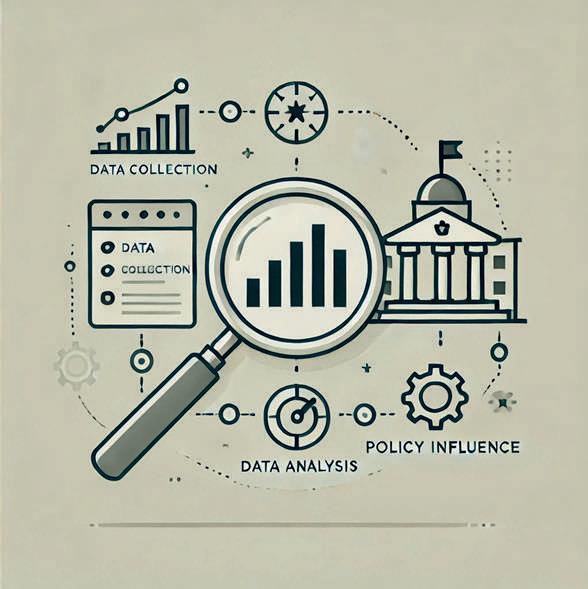
We will:
• Certify Linguistic Proficiency: Develop a certification system for language proficiency to recognise and incentivise the acquisition of IsiZulu, Sesotho, and SASL skills. This certification will carry institutional recognition and potentially, national recognition, enhancing the prestige of these languages.
• Engage Publicly: Through public engagement and advocacy, we will promote the status of African languages. Public lectures, seminars, and cultural events will be leveraged to shift attitudes positively towards these languages, enhancing their prestige both within and outside the university.
• Institutionalise Recognition: We will institutionalise the recognition of multilingual competencies through awards and acknowledgments during official university events, further elevating the status of African languages in the academic and social realms of the university.
The integration of these strategies embodies our commitment to a holistic and sustainable approach to language policy implementation. With -the DVC for People Development and Culture as the Chief Accounting Officer and the robust support from the LPDB, our language development plan is poised to make a lasting impact on the Wits University landscape and contribute significantly to the socio-economic transformation of our nation.
The Social Justice team of TEEO facilitates workshops and engagements with different communities in the university throughout the year.
The topics of the engagements our office facilitates include:
• Anti-discrimination
• Prevention and eradication of Bullying
• Ruptures and remedies, (power, privilege, and positionality)
• Institutional culture and transformation
• Cyberbullying
• SOGIESC Advocacy Programmes
• Capacity development for transformation committees and managers
• Cross cultural intelligence and diversity
• Conflict management
• Cultural humility/responsiveness
• Staff induction, (HRDU and faculty based)
• Transformative supervision
More details about these engagements are as follows:
We are part of the staff induction program organised by the HRDU, during which we share the services offered by our office, as well as the universities transformation priorities and policies. Our goal is to create a space conducive for open and mindful conversations; diversity; inclusion; and an overall healthy and safe work environment.
We have also been invited to facilitate inductions at the faculty level. This initiative has proven beneficial for staff, helping them understand the dynamics of their work environments and to foreground a culture of constructive engagement and a community of active positive change makers.
First year orientation program, in these sessions we build awareness about the policies, practices and support available at the Transformation and Employment Equity Office.
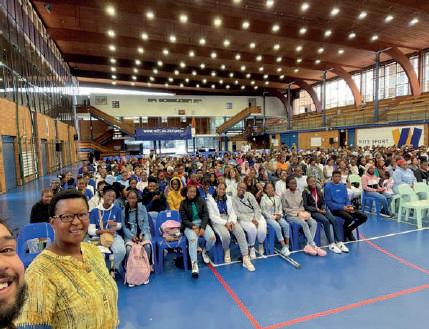
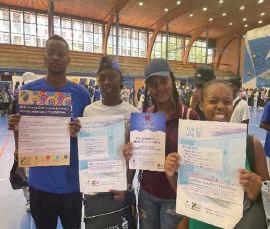
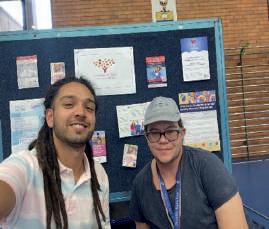
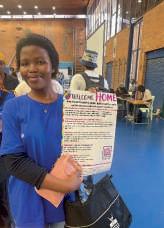
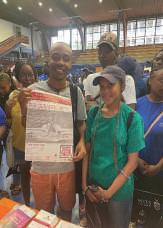
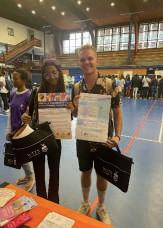
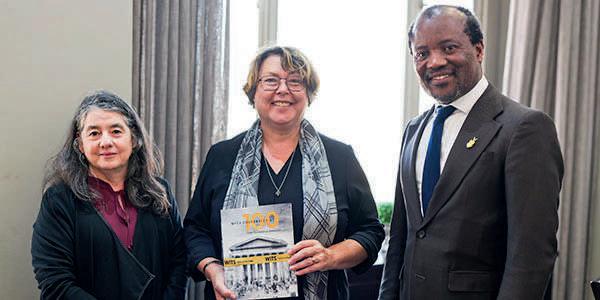
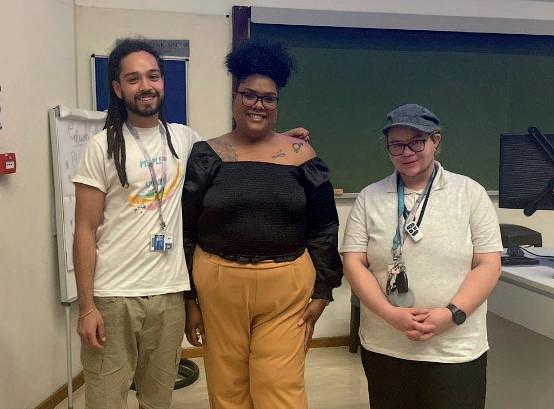
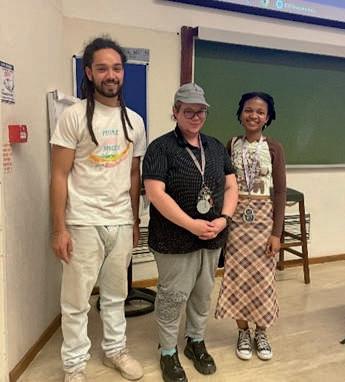
Faculty of Health Science SOGIESC coordinated Guest lecture for Graduate Entry Medical Program, (GEMPII) students, September 2023
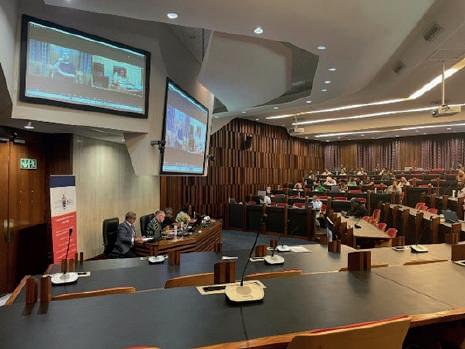
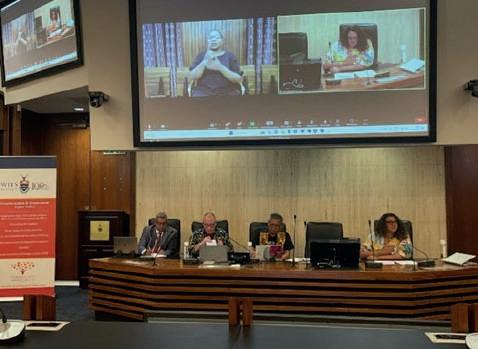
What is a Transformed University webinar “address the ongoing global poly-crisis which brings into question the role of the university and its relevance or responsiveness to society,” 19 October 2023
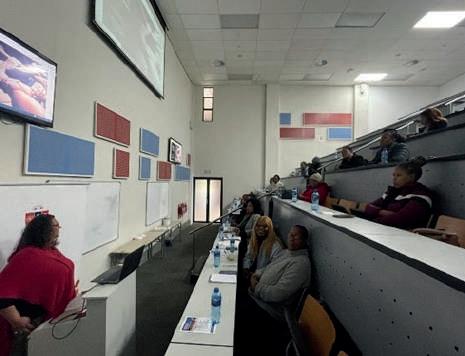
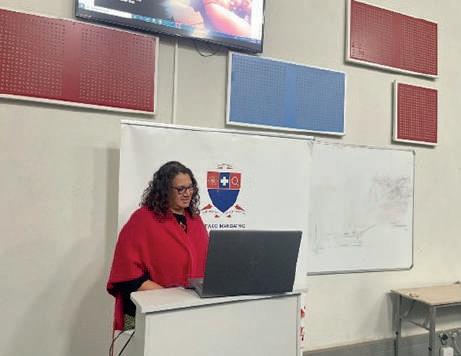
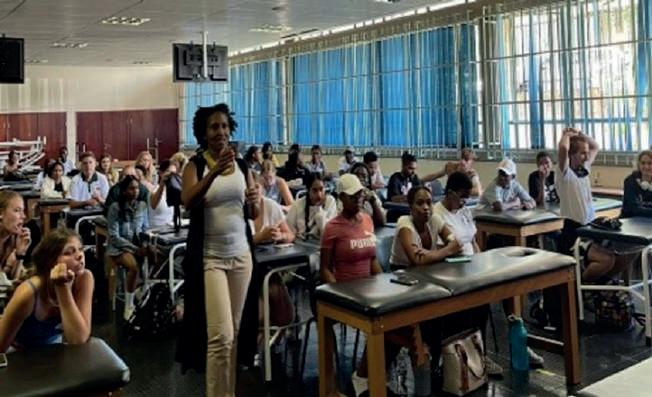
FHS Physio 1 Diversity seminar “The engagement was intended to create cross cultural connections and build community in diverse setting. This was useful for the group as it foregrounds an inclusive and integrated university experience wherein students can thrive in diverse spaces and develop a cross-cultural intelligence and an awareness of how to be mindful, respectful and how to build and restore community. This will benefit students in their university experience and in their clinical placements” 19 March 2024
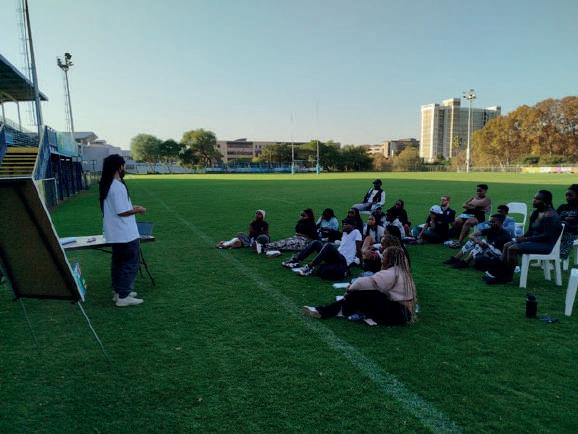
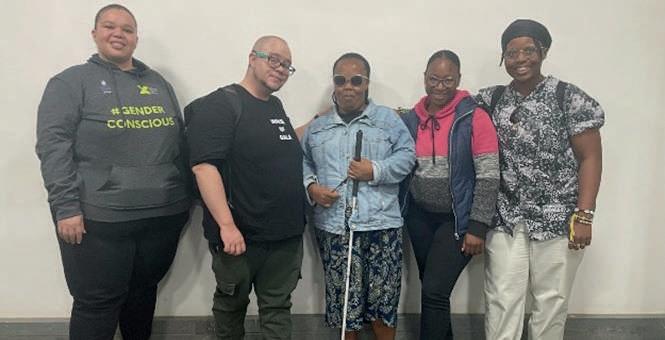
SOGIESC AP excursion with Wits Disability Awareness Movement and the GALA Queer Archives for International Day Against LGBTQIA+ Discrimination, (IDAHOBIT), May 2024
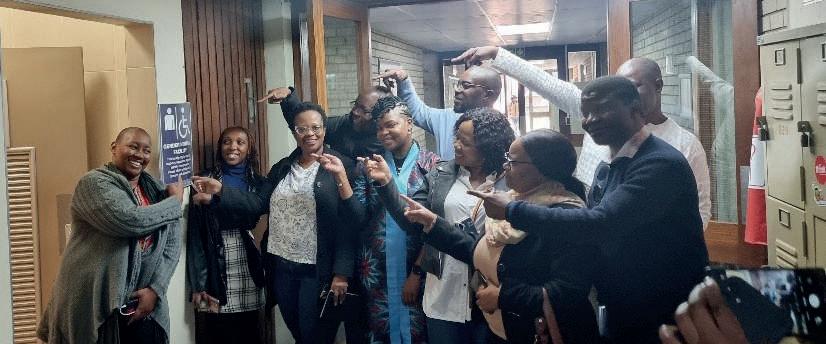
University of eSwatini & Wits GEO benchmarking engagement, (Gender Neutral Toilet site visit), July 2024
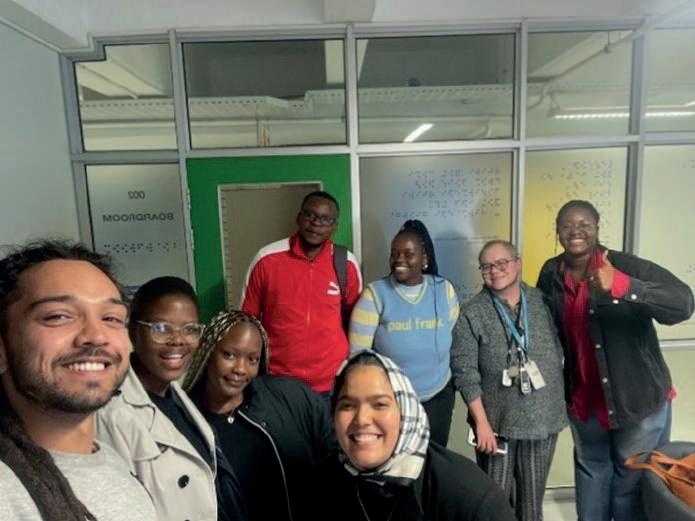
University of Pretoria, Transformation office networking and discussion, August 2024
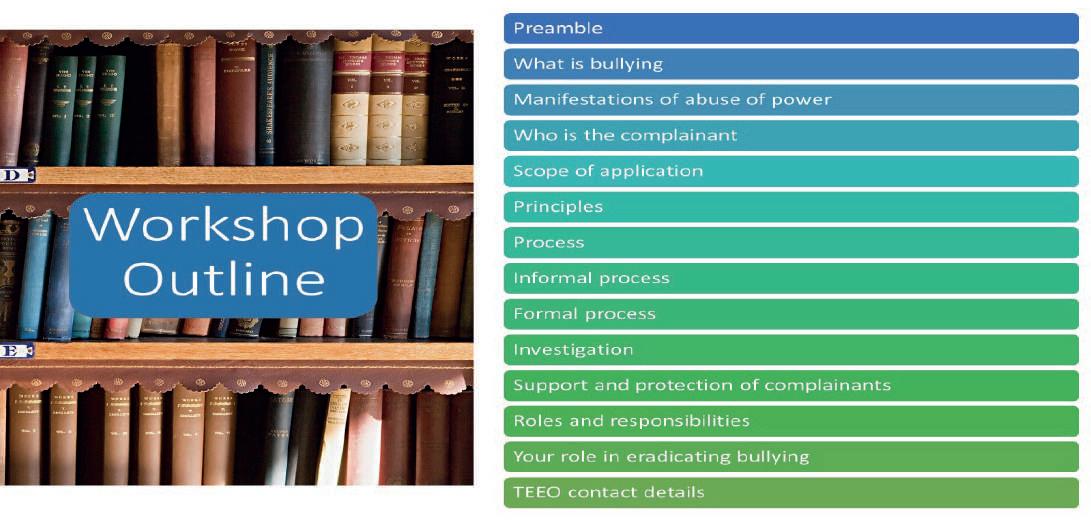
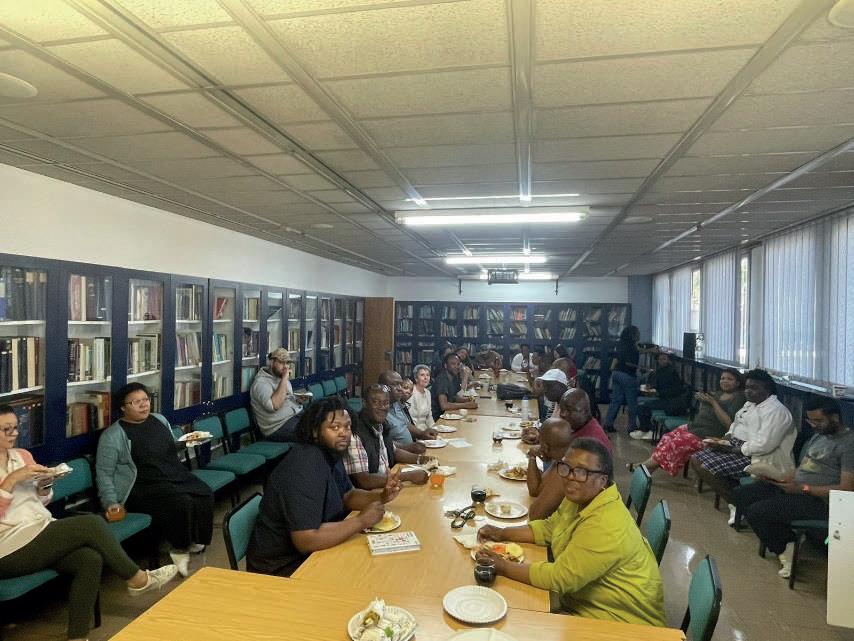
A fascinating partnership workshop pro-actively requested by Professor Amadi O. Ihunwo, PhD Head of School: Anatomical Sciences: TEEO and GEO on Bullying and Sexual Harassment Workshop: Anatomical Sciences: Faculty of Health Sciences 19 September 2024
TEEO has been invited by various schools to share engagements and deepen the students’ knowledge around transformation and social justice with students from across the university. This year we have worked at the faculty of health science with the schools of Physiotherapy and Occupational therapy.
Residence life
Building an inclusive and diverse residence life experience is incredibly important as these spaces are homes for a large portion of the university community. The cultures we foreground in these spaces have a big impact on the cultures of the university as a whole. TEEO has been part of Positive Masculinity discussions as well as facilitating Student Leadership inductions. More work and interventions are necessary to irradicate old cultures of division, patriarchy and violence that still play a role in the space. Further collaborations in this field are due to take place through the course of this year with other social justice cluster organisations like CCDU and GEO.
In February 2024 the Transformation office facilitated training with House committee members and residence assistance from residences across the university. This training focused on Cross-cultural intelligence; antidiscrimination; cyberbullying and SafeZones@Wits content. We look forward to future collaborative work that is to be done in these spaces.
Partnerships are incredibly important for the TEEO, particularly with other offices that work with social justice. This work allows us to further our impact and share information that is interwoven and holistic. We are part of Wits University’s Social Justice cluster which also includes the GEO; CCDU ; and the Disability Rights Unit. We also collaborate with the Wits Centre for Diversity studies to share information with their international students about the context for transformation and Wits transformation priorities and policies.
• Campus health library lawn activation.
• Men and Masculinities webinar collaboration with CCDU.
• OSS and GEO collaboration for Physio 1st years “Diversity and Inclusion” workshop.
• Disability Interest Group.
• GEO and TEEO collaboration with external stakeholders.

-Counselling, Careers and Development Unit Library lawns fair Transformation Office stall where we engaged the university community around the work of our office and shared information brochures, posters and safe sex materials. 18 April 2023
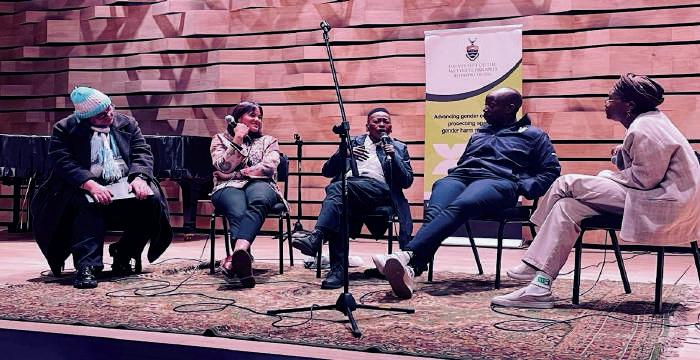
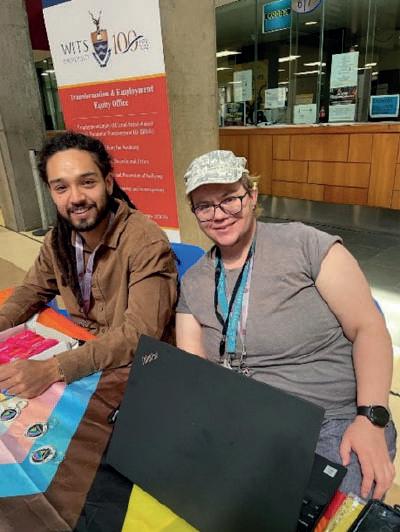
- Staff wellness week initiative on concourse, TEEO stall with office materials September 2023
We provide support to managers in addressing internal dynamics related to managing and engaging with staff in ways that build teamwork and collegiality. In instances where issues fall outside our office’s mandate, we can refer individuals to the, appropriate office. In some cases, there are times when a debriefing is necessary and stakeholders need a space for bouncing ideas. In these situations, we can create that supportive environment for key university stakeholders.
On the 19th of February 2024, the TEEO, facilitated the induction of new staff members at the Faculty of Commerce, Law and Management. On Friday the 24th of May 2024, TEEO facilitated a session with Wits School of Arts (WSOA) Heads of Departments (HODs) in an engagement which detailed the work and structure of the Transformation office as well as the policies and procedures that are in the scope of our work.
Through our collaboration with the Speech Pathology and Audiology, the School of Human and Community Development over the past three years, we have identified a specific for support among staff in clinical practices. This support focuses on helping them reflect on their approaches to supervision of students in the context of diversity and with reference to the current issues that students are facing. At our previous workshop, which was held on the 10th of May, with Clinical Educators, titled: “Transformative practices in clinical supervision”, we have been able to tailor our presentation to their needs and facilitate conversations that bring out the relevant information in these engagements.
On Friday the 24th of May 2024, the TEEO facilitated an online workshop with Female Academic Leadership Fellows on the topic of Conflict Management.

Wits Sexual Orientation, Gender Identity and Expression and Sex Characteristics Advocacy Programmes, (SOGIESC APs)
The legacy of the Safe Zones Pilot Programme and renaming to SOGIESC APs
The SOGIESC Advocacy Programmes, formerly known as the SOGI Advocacy Programmes were conceptualised in 2011 as part of Wits Pride 2011 by CCDU, Wits Psychology Department, the GALA Queer Archives, Activate Wits, the Kaleidoscope Youth Network, San Diego State University and the Wits TEEO. Since then, the programmes have expanded and are now named as the CATS (Community, Advocacy, Tomorrow & Safe Zones) initiatives.
The CATS programme model has been in place for the past three years and the focus areas have been refined carefully over this period. This has been informed by M&E mechanisms, ongoing engagement with stakeholders, best practices in civil society organisations and gaps in LGBTIAQ+ support in higher education.
Under this theme, the SOGIESC APs have been particularly active. The first two blocks of 2024 have offered a core focus on reaching new students, which has included flyer and poster campaigns. The team working on the SOGIESC APs engaged first-year students continuously during FYE.
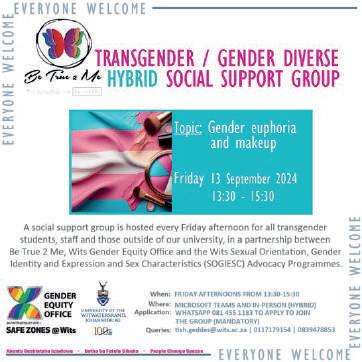
Wits-Be True 2 Me transgender support group marketing material for an upcoming group, August 2024
The Be True 2 Me–Wits transgender social support group has met on Friday afternoons since March 2023, drawing consistent participants and has run through the exam and vacation periods. The benefit of this support group allows for those who do not have easy access to data required to join the online Be True 2 Me meetings, who can join the Wits group in-person. The support group is co-facilitated by Mx. Tish Morpheus Geddes and Mr. Ciaran Heywood, and two members are currently under mentorship to join the facilitators team. Mx. Geddes has done a six-part SADAG Support Group Leadership training and will has been accepted to study with SACAP in Q4 of 2024 to gain registration as a holistic counsellor.
The transgender suppport group has met over 66 times to date, inclusive of an annual social event for members. The support group weekly meetings are hybrid and attract members from similar age groups across higher education spaces. An average group has 5-6 participants join weekly. Many of the new students have found community through the meetings, one of the core intentions of the group.
The group has also had access to the ‘Road Trip’ programme where a group travels from Wits to the Department of Home Affairs in Alexandra. To date, three trips have taken place, and from the pilot group in August 2023, all participants have been granted the legal name/gender marker changes which they had applied for.
Our office has continued to represent the SOGIESC APs on the Wits RHI Trans Clinics on their Community Advisory Board and on the National LGBTI Youth Collective on their Board of Directors. In addition, two of the Be True 2 Me facilitators hold positions on their own Board of Directors.
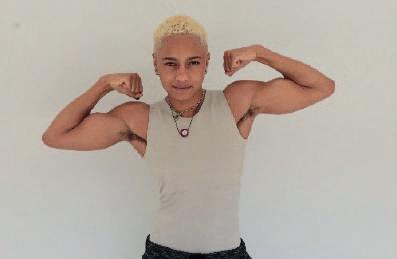
Wits students modelling Genderwear SA chest binders, May 2023
The Binder Bank remains a programme built from innovation. Chest compression vests need to be correctly fitted with safety advice, and the Binder Bank has this as a core benefit. Currently, 74 binders are available in the Bank, donated by Genderwear SA or individuals. The two most common brands are Genderwear SA and GC2B. This has also presented an opportunity for students to model the binders for Genderwear SA as brand ambassadors. 159 binders have been donated to the Binder Bank since its inception. A partnership with new CEO of Genderwear SA, Mel Laubscher, has opened conversations surrounding the release of tucking underwear for transgender women.
Over 50 bags of clothing have been donated to the Queer Clothing Bank since its inception, which was shut down in 2024. It held the critical purpose of providing homeless and/or transgender students with the opportunity to explore their gender expression, find formal wear for graduations, and provide emergency access to clothing. The bags were donated to queer Ugandan asylum seekers through GALA and The Fruit Basket, and homeless persons. The loss of the Queer Clothing Bank has impacted Wits students and the broader queer community.
In 2024, the advocacy component of the SOGIESC APs has had a consistent focus on collaborations with the 4 Social Justice Cluster offices, and other stakeholders. Posters, bookmarks and flyers were designed for the purpose of highlighting support services for queer members of the university community ahead of the Orientation FYE programme.
Student volunteers have approached the Wits TEEO wanting to do work with LGBTIAQ+ communities, and together with stakeholders, key programmes are routinely implemented. The SOGIESC AP staff are working with GEO to procure dental dams and finger cots for students and staff in need of safer sex barriers. CHWC regularly re-stocks the Safe Zones offices at DRU and TEEO with gloves, external condoms, internal condoms and lube. In 2023, they have also provided demonstration wooden dildos for the SOGIESC team to utilise. Safer sex packs are regularly compiled for events and activations. They are also available to Safe Zones@Wits allies who wish to keep them in a communal or office space, as well as partner stakeholders. The GEO has been approached to source dental dams, and students actively request finger cots too.
The most significant engagements in 2023 took place during Orientation Week with GEO in a series of plays in the Great Hall advising new students about safe sex, GBV and SOGIESC, as well as during the GEO Colloquium in July, in which Mx Geddes and Mr Heywood were panellists. In a partnership between Wits DRU, DAM, Ibis, Mmoho and the SOGIESC APs, a webinar was hosted on 21 July 2023 on disability and queer access to sexual and reproductive health, which had favourable attendance and was broadcast live on Facebook. Drama For Life also engaged SOGIESC APs on a 2023 fundraiser concert to mobilise for funds for a conference they will be hosting on the African continent for the first time, in the field of performance studies.
A number of activations have been held in the first two blocks of 2024 with CCDU, FYE, GALA, Activate, GEO and DAM. Some key collaborations included a focus on Lesbian Visibility Week in partnership with Activate and Amnesty International inclusive of an advocacy exhibition and film screening of Watermelon Women (1996). On International Day Against LGBTQIA+ Discrimination (IDAHOBIT), another collaboration took place with GALA and DAM. Representatives of political parties were invited to a forum at Constitutional Hill and quizzed on their commitment to serving the LGBTIAQ+ community. Steps taken to ensure accessibility for DAM members with disabilities benefitted all who attended the event and stakeholders were encouraged to continue to prioritise reasonable accommodations in future events. In 2023, an excursion for members to meet acclaimed transgender author and artist Sophie Labelle was implemented with positive reception by members.
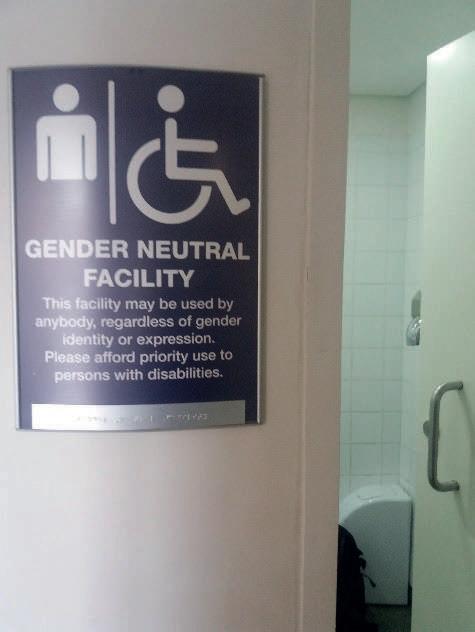
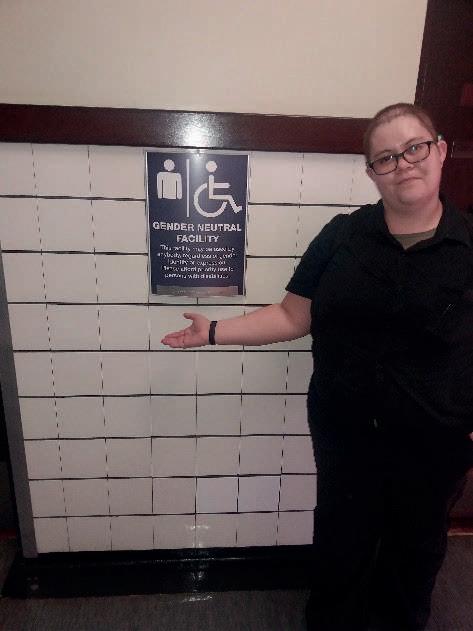
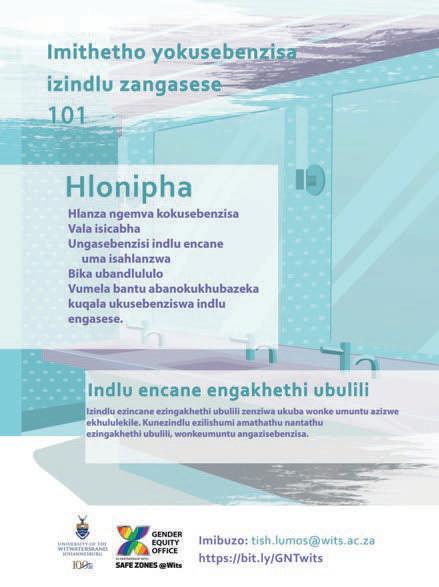
Posters placed in gender neutral toilets in Wits official languages: isiZulu, English and Southern seSotho. SASL filming is underway,July 2023
Over 50 gender neutral toilets across campuses are a mark of excellence that indicates Wits outperforming in implementation against any other HEI on the continent. These toilets may be utilised by anyone of any gender identity and are indicated to ask able-bodied users to afford priority access to people with disabilities – visible and invisible.
Collaborative installations were completed with GEO and CCDU over the course of 2023, facilitating valuable engagement with students on the Library Lawns. The GEO team has also been offered a GEO centric Safe Zones refresher, as well as a social media marketing training with the use of Adobe Express.
Institutional issues arose around the application of the gender neutral title ‘Mx’ on access cards. In collaboration with the Registrar, a new system was planned to allow students to access a change of details letter to change ‘prefix’ and then pay R140 to reprint their access card. Provision has been made to change between Mr, Miss, Ms and Mx. This system prevents applicants for applying for another title that they have not achieved academically – i.e. Dr, Prof, Adv, etc.
To date, three schools have consistently been working on pilot programmes utilising an adapted model of Safe Zones@Wits, namely Crawford College, St Stithians and Sunward Park High School. These pilots are under discussion with staff at all three schools currently. Two other initiatives in progress are building a bigger network of queer Wits alumni and connecting Activate’s 2023-2024 student leaders with their predecessors from 2007 onwards. Simon Nkoli Queer House residence is still under discussion with the Board of Residences.
The proposed Simon Nkoli Queer House residence planning is in place to present to Board of Residences to deliberate on regarding implementation. Similar planning has been entered into with CHRL regarding screening of new LGBTIAQ+ residence students to prevent discrimination.
SafeZones@Wits ally training is training program that builds awareness around the challenges faced by members of the LGBTIAQ+ community. The training builds inclusivity, mindfulness and awareness and helps foreground respectful and healthy communities at Wits University and more broadly in our context.
The Safe Zones@Wits programme has trained over 1 500 allies to date since its inception in 2011. Thirteen years of decisive collaboration with partners in the SOGIESC Reference Group and ongoing analysis of M&E mechanisms, as well as feedback from partner institutions such as UL, UFS, UCT and UMP have shaped the training offered in 2024. The current training model exists in a face-to-face and virtual model and can be adapted across different contexts. Pilots have been developed for HJH, the three aforementioned schools and Netcare Parktown Akeso, as key sites for intervention. The models have also been adapted into more advanced guest lectures for GEMP I, GEMP II, STEPPS and Department of Psychology at Honours level. These models have examinable application components and examination questions are available for each group’s host Department/ School/Faculty.
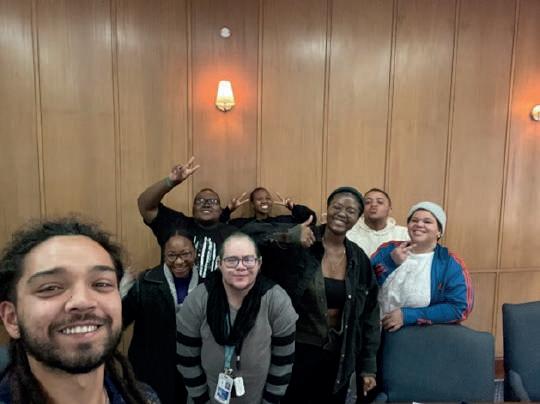
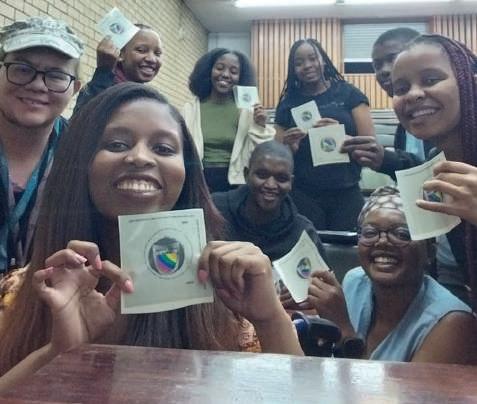
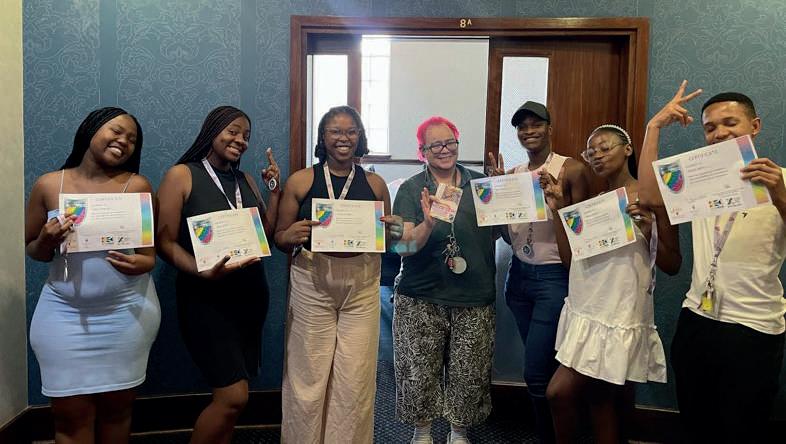
In 2024, over250 allies have completed Safe Zones@Wits ally training. Training was completed by CHRL Wardens, GEO Advocs, OSS, CCDU, SRC, WCCO, Activate, GALA, Barnato Hall of Residence, Faculty of Commerce, Law and Management, a general group and Living and Learning Communities and the Braamfontein Centre Residence. Train-the-trainer has yielded dedicated and skilled advocates able to conduct Safe Zones@Wits ally training, as well as external consultancy in their individual capacities. Some key communities we have facilitated trainings with include University of Limpopo staff, who completed their benchmarking visit and a site visit of gender-neutral toilets in May 2024. A number of upcoming trainings are planned.
The SOGIESC AP team remain committed to responsive work, and in addition, offer Safe Zones ally training where complaints of queerphobia.
The SOGIESC APs show great promise, particularly in external relationships, examinable lectures, influencing policy work, delving deeper into creating safer residence spaces, increasing the capacity of the team and taking the message of the SOGIESC APs further into the teaching and treatment clinical spaces that our students work in.
We remain supportive of Wits Pride wherever possible, and invested in the next generation of our queer leaders. All Safe Zones@Wits allies and trainers now have the option of digital marketing of their allyship, and this is being provided by Mx. Geddes.
Our training material is constantly being updated to reflect the realities of LGBTIAQ+ life, including that in residences, and we are confident that it continues to be a positive reflection of the work that goes into making these programmes a reality.
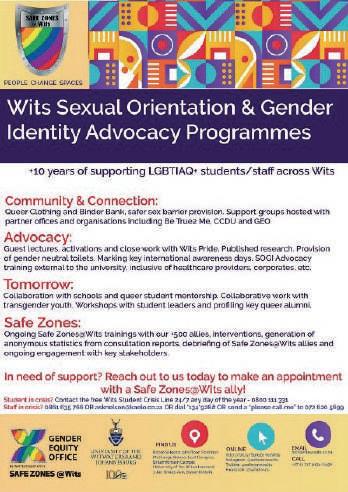
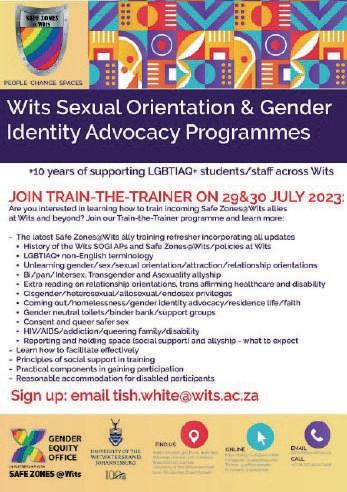
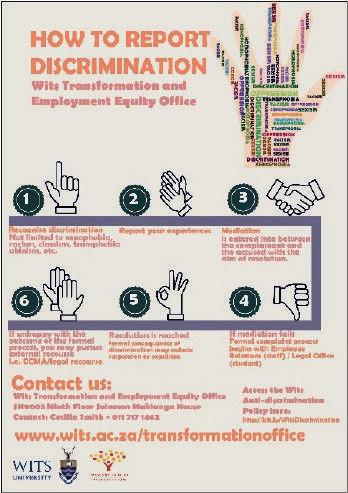
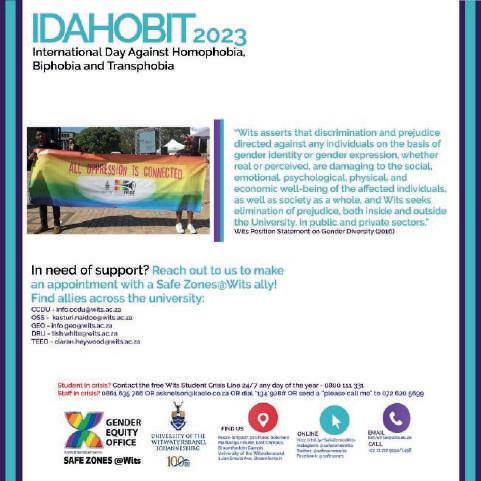
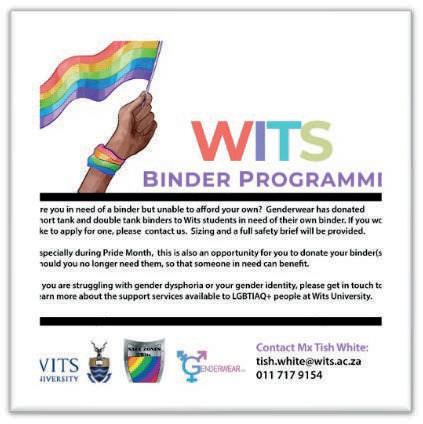
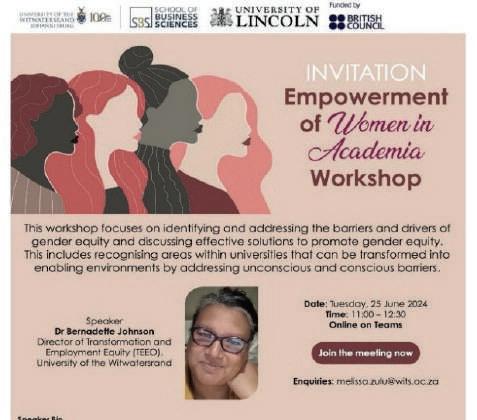
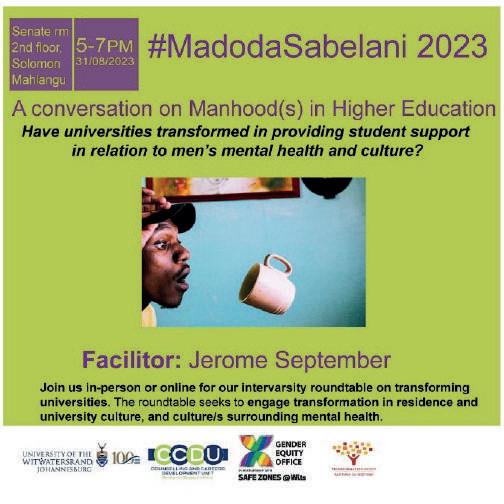
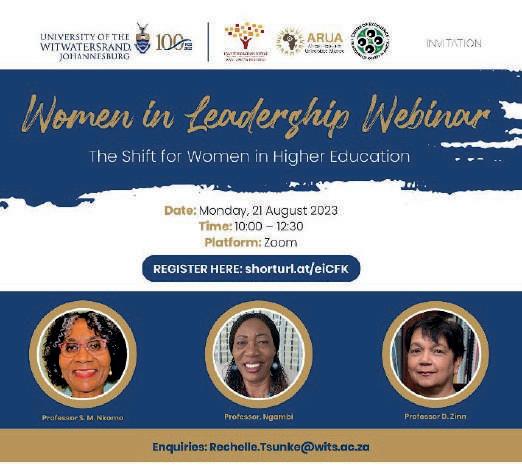
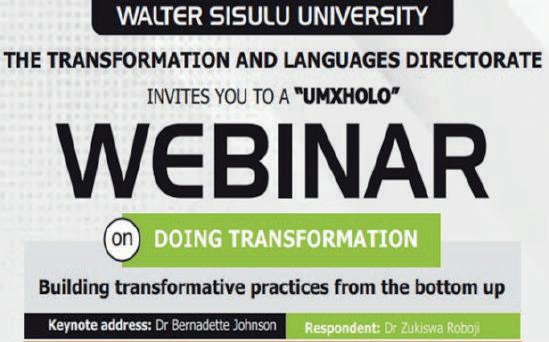
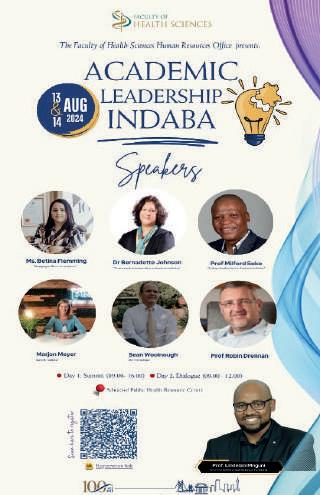
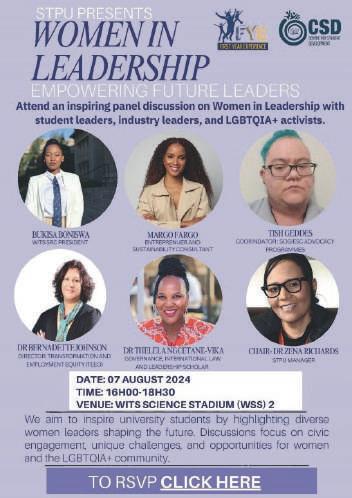
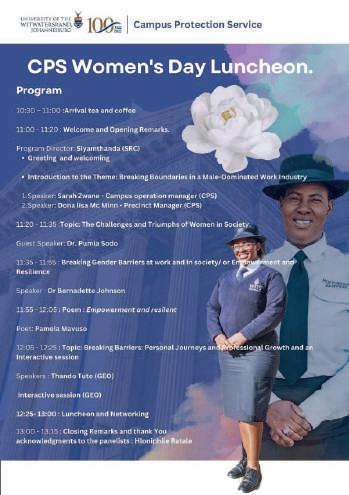
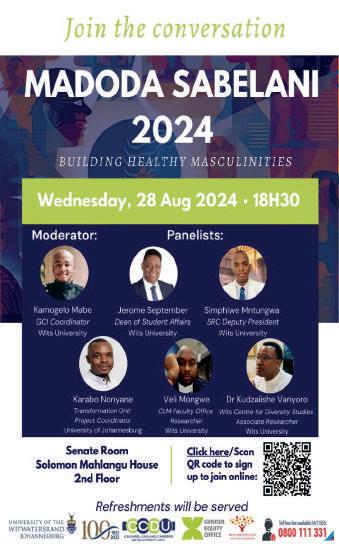
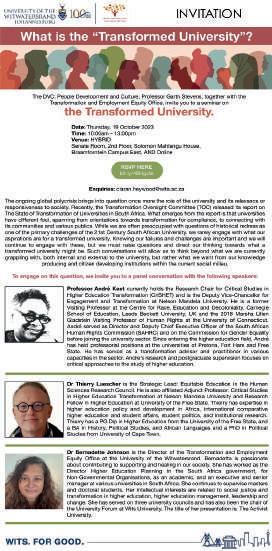
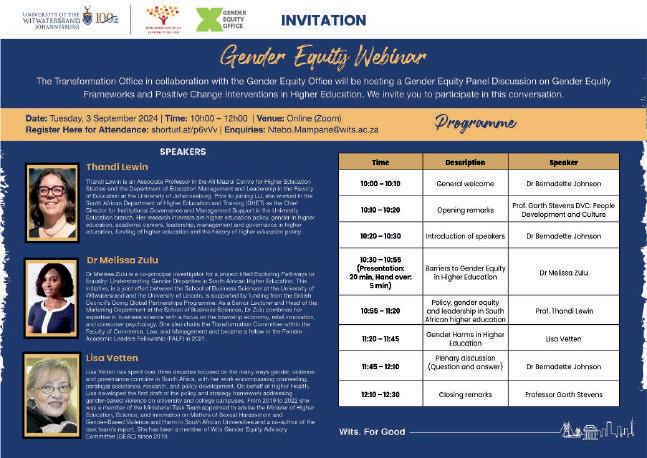
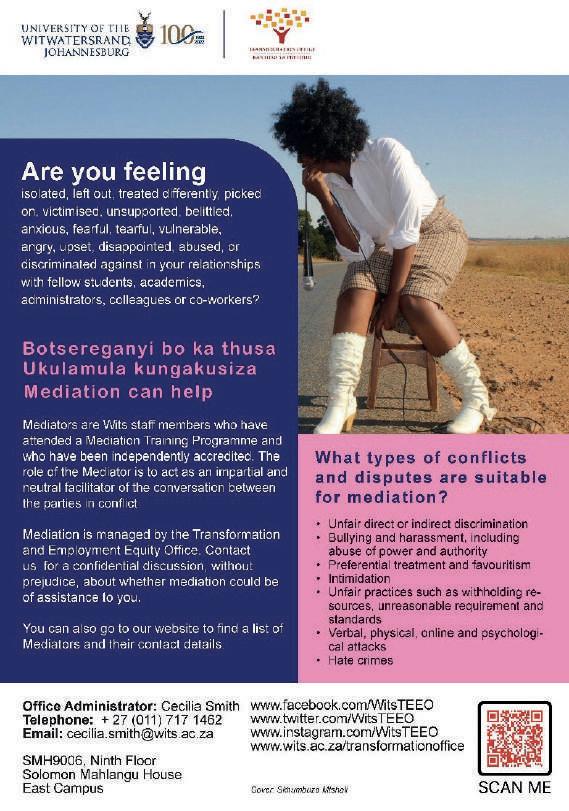
Complaints that are referred to our offices originate from various sources and are informed by specific policies and procedures that dictate how the same should be handled. Some of these complaints arise out of certain dissatisfaction with multiple parties or how the other party is treated in the employment relationship, and some are specific related complaints emanating from a particular incident that may be located. In other rare instances, there are complaints that are referred to our office emanating directly from an ongoing disciplinary hearing, whereby a party hold the view that a disciplinary hearing ought not to be a way in which a matter is handled but rather other measures short of discipline such mediation should be a way to deal with issues
The Anti-Discrimination Policy and Procedure which is the policy that falls squarely within the office does not specify the manner nor the form in which the complaint should be referred to our office and by whom. Fortunately, though, with the current review process, there is a proposed procedure by which the complaint should be referred, by whom, and in what form to enable a structured way complaints are handled. Furthermore, the policy in its current form does not provide the time frame in which the investigation should be concluded once the complaint is lodged, thus bringing endless anxiety to the parties, and this shortcoming has also been addressed during the current review process.
The other policy that incidentally falls within the ambit of our office is the procedure for the prevention and eradication of bullying. Unlike the Anti-Discrimination Policy and Procedure, this policy provides specific guidelines on what may be considered a complaint, who may lodge such a complaint, how the manner complaint should be lodged and how it should be handled formally or informally. It outlines the processes that the investigator may follow to investigate the complaint, interim measures that the committee may implement while the investigation is ongoing and the committee’s consideration of the investigation report and its recommendation. Contrary to the anti-discrimination policy and procedure, the prevention and eradication of bullying policy stipulate provides a structured approach to handling complaints. It introduces layers of checks and balances, overseen by an independent committee, to ensure that the decision are fair and robust enough to withstand the test of time. This emphasis on fairness is the cornerstone of the policy’s application.
The legitimacy of any initiated process lies in ensuring that all involved parties are provided the opportunity to respond to the allegations made against them, without prejudice and without any presumption of guilt. Only after an independent and fair process has been conducted can any determination be made.
In all the cases that are dealt with, prescripts of the policies are attended to, and all interested parties are given the opportunity to respond to the allegations. The management of bullying policy contrary to the antidiscrimination policy (which is under review) lays the procedure that should be followed when complaints are lodged until when the complaint is attended to. There is an independent panel that does not only accept the report as is but rather interrogated it and ensures that it was concluded in observation of the policy. This report when concluded is not merely submitted to the committee, but the author of the report presents it and responds to any clarity-seeking questions that members of the committee might have before they deliberate and decide whether they accept the recommendations or not. The committee not only interrogates the substance of the report but also the process that has been undertaken to conclude it. By so doing, this amplifies and impress the fairness of the process by ensuring that check and balances by other oversight committee are undertaken and chaired by the SET member of the University.
During the investigation, the investigator has no direct contact with the parties, instead, they focus solely on the issues outlined by the committee. There are terms of reference that the investigator is provided with that guide the investigator on issues that are required by the committee to be considered in concluding the investigation. This restricts the situation whereby investigation ventures into issues that are not being requested by the committee.
Cases brought to our attention encompass all the demographics of the University, including academic and support staff members as well as students. These issues may involve students having disagreements in lecture theatres, conflicts between students and staff members, disputes among student leaders , and interpersonal issues between colleagues. Due to the harmonisation process established by various offices tasked with handling complaints such as GEO, ER, Legal and the Dean of Students office, it has become easy to refer aggrieved parties to relevant offices. This collaborative approach minimises the risk of retraumatising the victims and avoids prolonged processes, enabling matters to be resolved swiftly. In so doing, other measures such as mediation when it is required by other offices have been attended with speed as an alternative to deal with what parties are confronted with.
Mediation is an alternative way to address complaints, emphasising voluntariness and confidentiality. It allows for issues to be resolved through the voluntary participation of parties in a consensus-seeking process, with the assurance that anything said during mediation will not be used against them. Accredited mediators, who have completed a 40-hour mediation course, are drawn from the cohort of academics, support staff and retired academic staff members. In fulfilling their responsibilities, mediators adhere to all the professional standards required for mediation. Mediators are appointed by signing the agreement to mediate form that is kept by our office. They ensure that the process of mediation is kept confidential and that parties stick to what they have agreed on by signing the settlement agreement at the conclusion of the mediation process. This mediators for the purposes of ensuring that their skills are continuously enhanced, attend further training that is fully paid by our office. Such a training process is also used as the platform for debriefing and learning among mediators. Among others, mediators have attended, managing difficult conversation, unconscious biases training.
Going forward, our goal is to develop a cohort of student mediators, in addition to our existing group of 15 staff members across the university.
The University Employment Equity (EE) plan has been approved in line with Section 19 and 20 of the EE Act. The implementation process is underway and is guided by developments in the EE regulatory space. The TEEO completed the divisional analysis to identify the EE gaps at Faculty and Divisional level.
The B-BBEE data collection and review is underway in preparation for Audit (Measuring financial period 2023). The auditor has been appointed for B-BBEE verification to ensure that the University has a valid B-BBEE before the current one expires.
As we do Transformation Work, we acknowledge the importance of developing our own praxis. We see the importance of building Transformation as a knowledge project. We consider ways in which we can contribute to scholarship of transformation by reflecting and writing about the work we do to ensure its strengthening and development. As a team we have published the following book chapter.
Johnson, B., Wanyane, D., Heywood, C., & Hlatshwayo, M. (2024). Chapter 12: Doing transformation: Building transformative practices from the bottom-up, (University of the Witwatersrand, Johannesburg, South Africa), Part II: Cultural Competence, Decolonization, and Student Activism, In Bloomsbury Handbook of Diversity, Crises and Transformative Leadership in Higher Education, Edited by Yusef Waghid and Mary Drinkwater., Bloomsbury Publishing, New York.
This chapter highlights transformative practices from the bottom-up, with a focus on the social justice work we do. A key aspect of this involves our own continuous learning, including the exploration of methodologies that help us deepen our understanding of transformative practice.
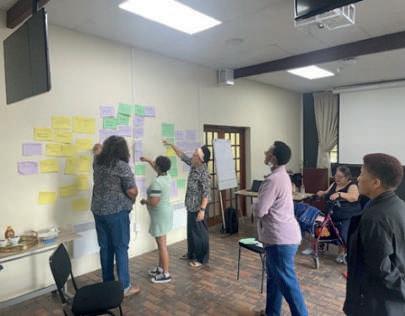
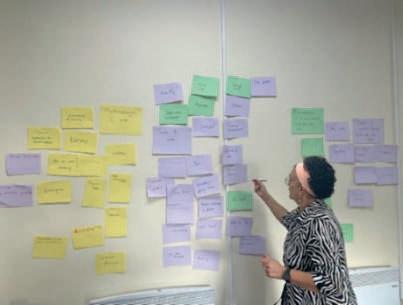
Methodologies workshop, April 2024
Exploring and expanding the methodologies we use in our TEEO interventions especially anti-conferencing methodologies
We have also reflected on the emotional aspects of this work as part of our ongoing exploration of self and transformation.
Johnson, B. J. (2024). Disturbed: Doing deep transformative work – Reflections on social justice work in South African higher education. Journal of Student Affairs in Africa, 12(1), 129–144. DOI: 10.24085/jsaa.v12i1.5262
While transformation involves working on the ‘self’, it also encompasses inter-personal relationships and the systemic factors. We also consider how the university plays a crucial role in anchoring society. Johnson, B and Hlatshwayo, M. 2025. Anchor Universities: The Power of Community Engagement, South African Journal of Higher Education, Vol 39 (2)
New areas of work are emerging from the contributions we make. The theme of ‘working on the self’, and the use of coaching as a tool for personal development, has generated several requests to share coaching and mentoring as key learning areas. In response, we conducted two day workshop on Coaching and mentoring skills for academic leaders in the Faculty of Health Sciences, and gave talks at a Women Empowerment conference and for the Sigma nursing chapter.
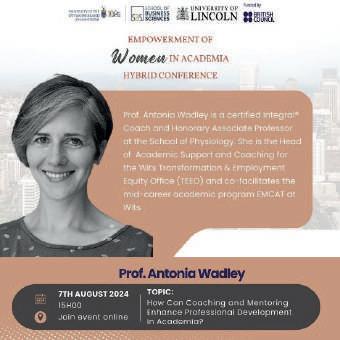
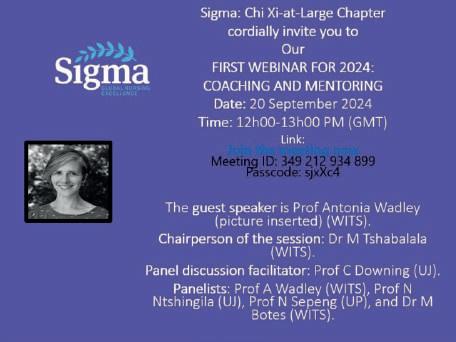

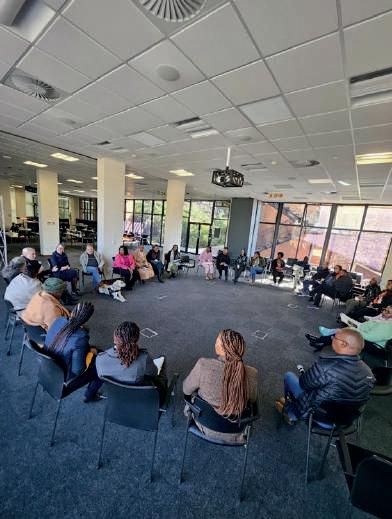

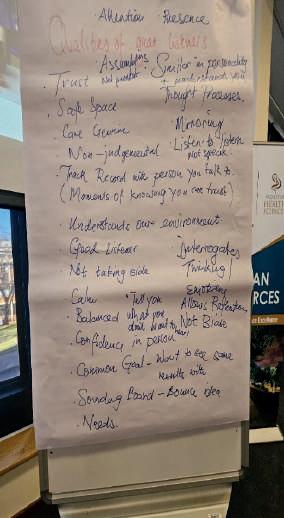
Coaching and mentoring workshop, Faculty of Health Sciences, July 2024
As we evolve, we remain committed to contributing to the transformation knowledge project. We look forward to building collaborations and partnerships that drive meaningful change and to documenting our efforts in ways that benefit universities and serve the public good.
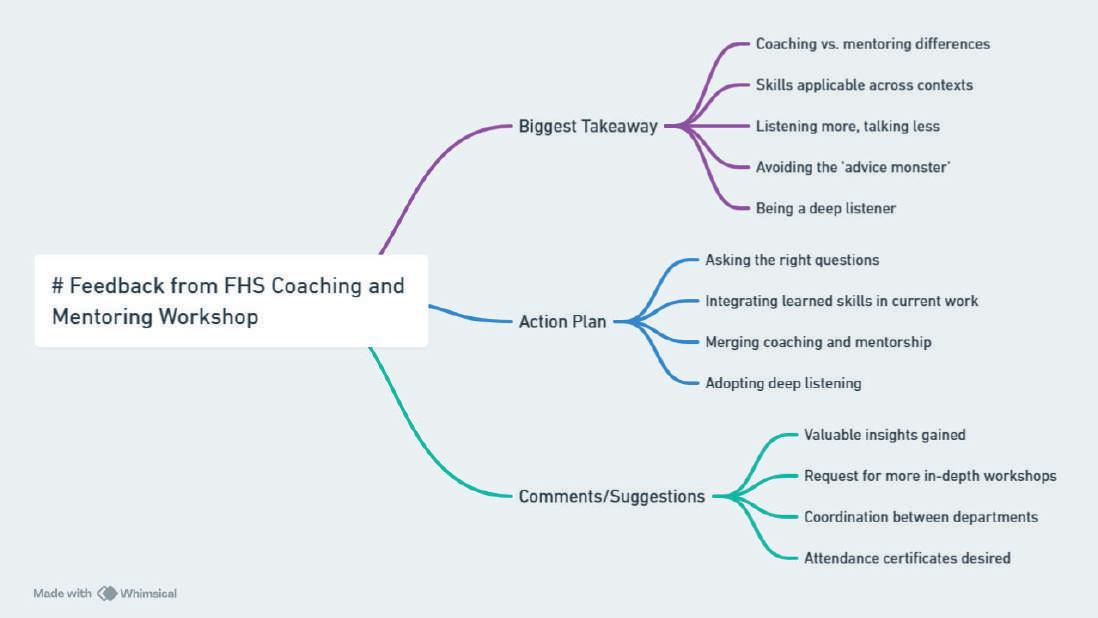
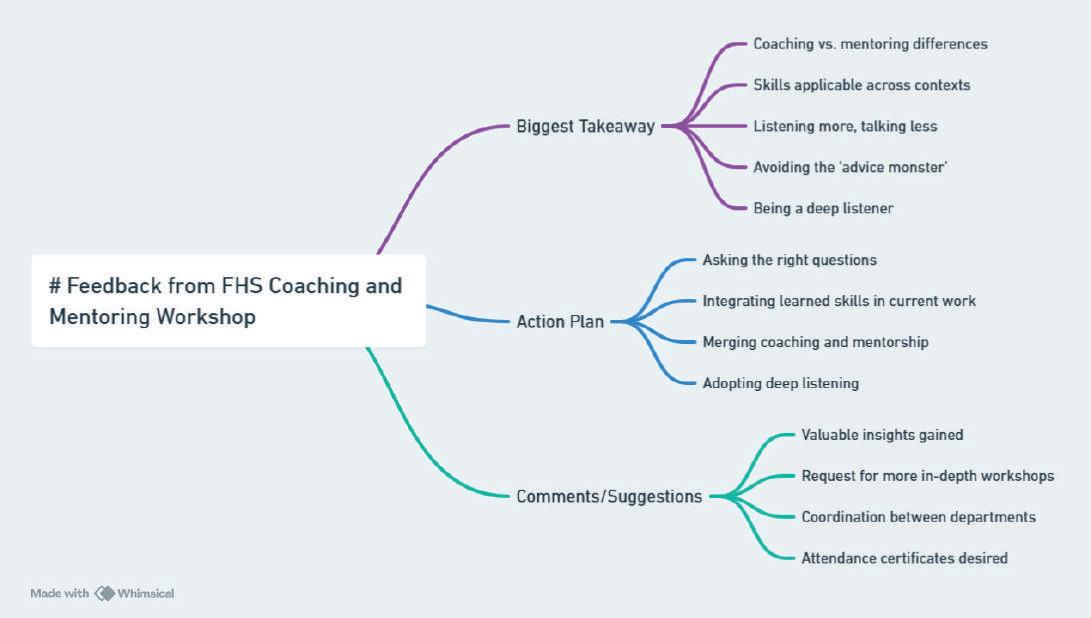
Coaching and mentoring workshop feedback, Faculty of Health Sciences, July 2024
In our work on Doing transformation: Building transformative practices from the bottom-up, we share some of our learnings as follows:
• Context matters. In foregrounding an inclusive, safe, and empowering institutional environment, we need to do proactive work that is rooted in context and grounded by principles of social justice. This requires developing active listening skills and creating in-between spaces for constructive engagement that facilitates a shared responsibility for transformation, allowing stakeholders drive change themselves. It is
essential to approach this work with patience, care, empathy, sensitivity, and support. In environments where discrimination, oppression and systematic inequality are prevalent, special attention must be given to working with those who historically have been marginalised or excluded. Also, it is crucial to ensure adequate and meaningful support for the carers - those doing the essential groundwork of transformation.
• Transforming universities for the betterment of society matters. Leaders must consider their responsibility in relation to the university’s societal role. In contexts marked by legacies of violence and dehumanisation such as apartheid and colonialism, we must challenge ourselves to break away from the extractive and violent historic agenda of our universities. Through conscious intervention strategies, like our 3D Change Model, we work toward this goal. It is vital that university leaders ensure that their institutions contribute positively to the communities they serve, extending tested transformation practices to their surrounding community and environment. They must go beyond simply complying with government mandates and instead challenge both communities and government. University leaders should advocate for deeper transformation while urging governments to provide the financial support needed to mitigate the harsh effects of social injustice and cycles of oppression.
• Working with self and others matters. Thinking about how we work in transformative and decolonial ways changes not only others and larger process but also changes ourselves too. In this way, we are working with and yet beyond readily available data sources as we recognise the importance of management and leadership creating opportunities not just for teamwork but also for team learning from management experiences. Universities should see themselves as learning organisations, where managers and leaders create space for self-reflection, including reflecting on their own mental health and support. Leading large, complex institutions in times of ongoing complexity, volatility, and uncertainty, requires agility, flexibility, and openness. Mature, highly reflexive leadership is crucial, as it takes strength of character to lead inclusive solution-finding processes and ensure that everyone is brought along in a journey toward meaningful change.
Building how we understand our work and our monitoring and evaluation of the work we do will enable us to better share the change making taking place at the university. This is an area of work which will be developed and informed by the monitoring and evaluation framework put in place for the Carnegie Diversifying the Academy Program
In line with supporting staff well-being including mental health, we have started debriefing sessions for TEEO staff involved in alternative dispute resolution, and counselling and support of other staff and students. In effect, caring for the carer.
This debriefing provides space for the head (what are we learning?), the heart (what impact is this work having on me? What do I need heard and supported?) and the hands (what do I/we need to do differently?). The aim of the sessions is to create a sense of community and restoration, connection to self, others and

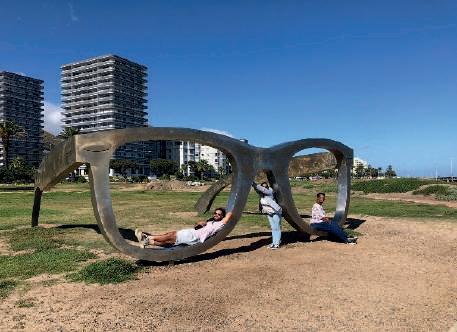
The Transformation and Employment Equity Office (TEEO) continues to make significant strides in advancing transformation at the University of the Witwatersrand, Johannesburg. The achievements highlighted in this report reflect our unwavering commitment to fostering an inclusive, equitable, and socially just academic environment. Through strategic initiatives like the Carnegie Diversifying the Academy (CDTA) program, institutional renaming efforts, and Safe Zones training, we have not only strengthened our internal processes but also laid the foundation for long-term transformation that transcends the university’s boundaries.
As we look to the future, we recognise that transformation is an ongoing journey that requires collaboration, reflection, and continuous learning. The diverse voices and collective efforts that have shaped this report are testament to our community’s shared dedication to creating a more inclusive university for all. We are grateful to the Wits community for inviting us into their different spaces in the university to learn, share and grow together. We are appreciative of the university leadership and management and the university community at large for entrusting us with the work we do.
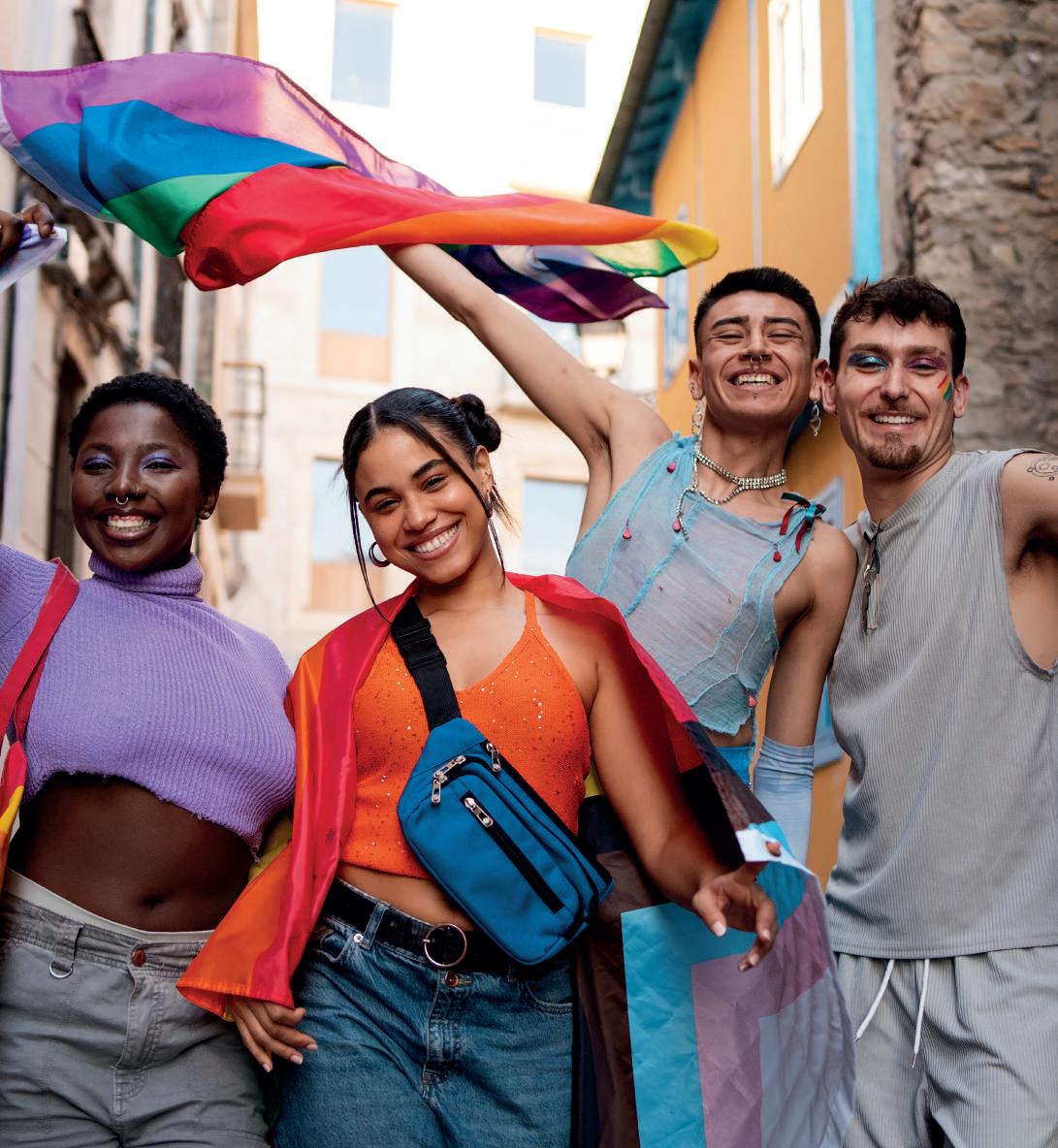

www.wits.ac.za/transformationoffice